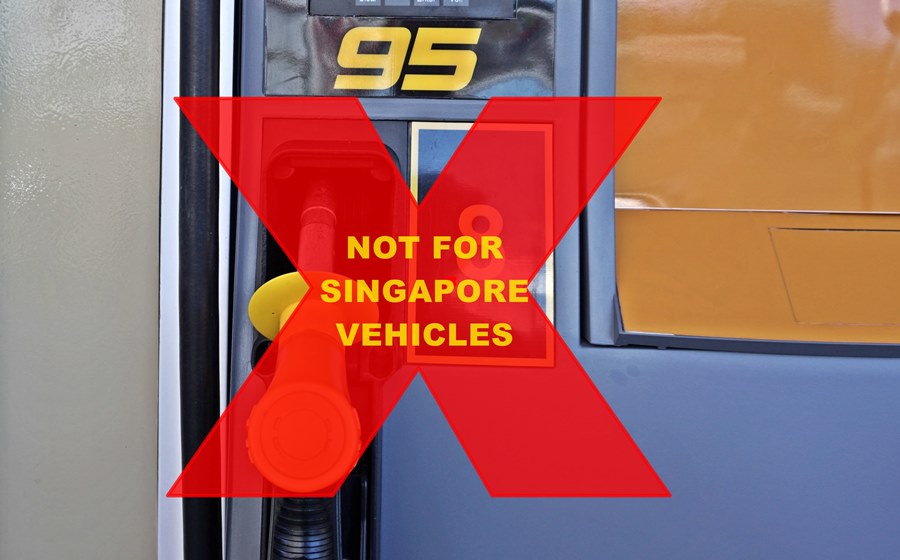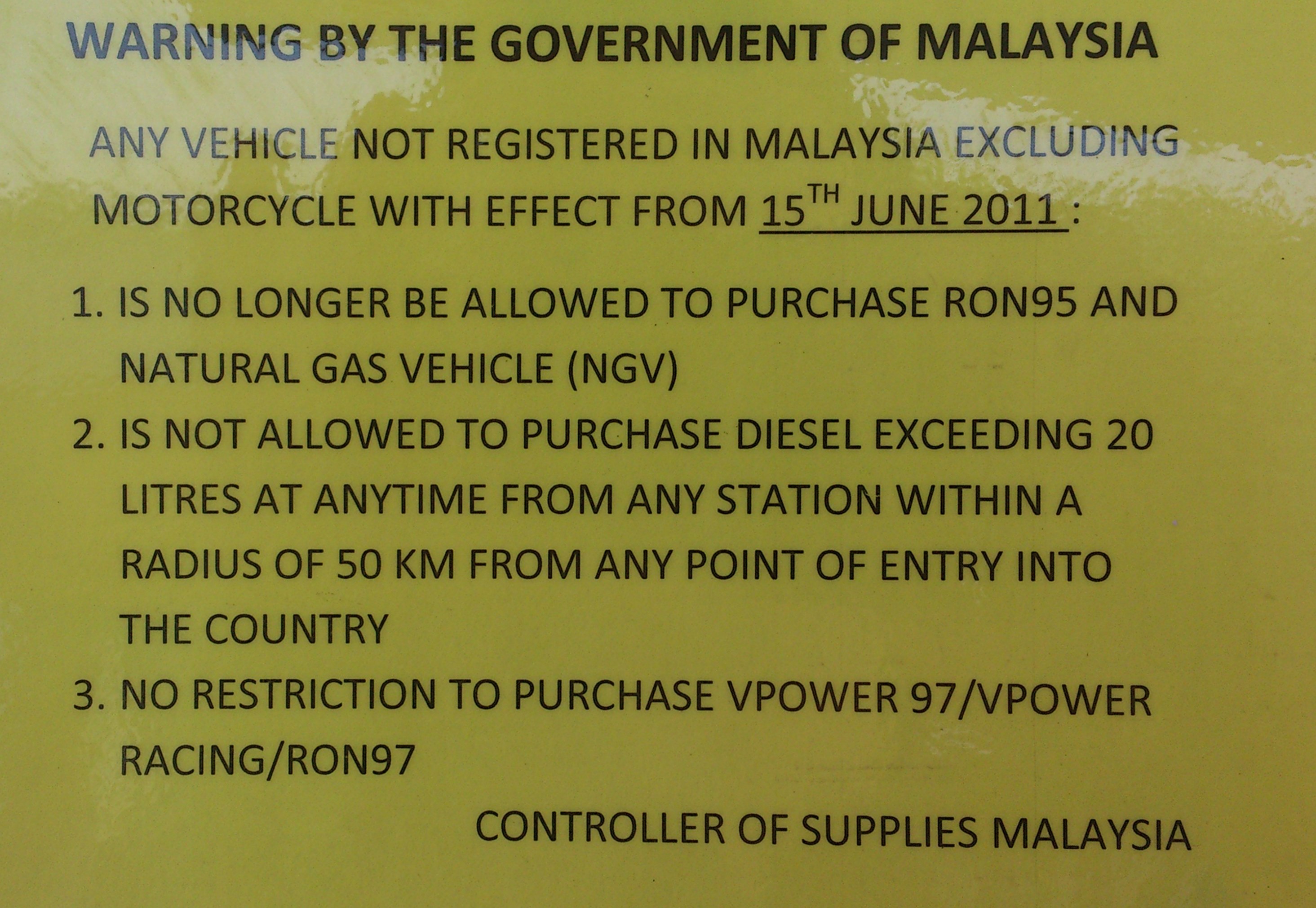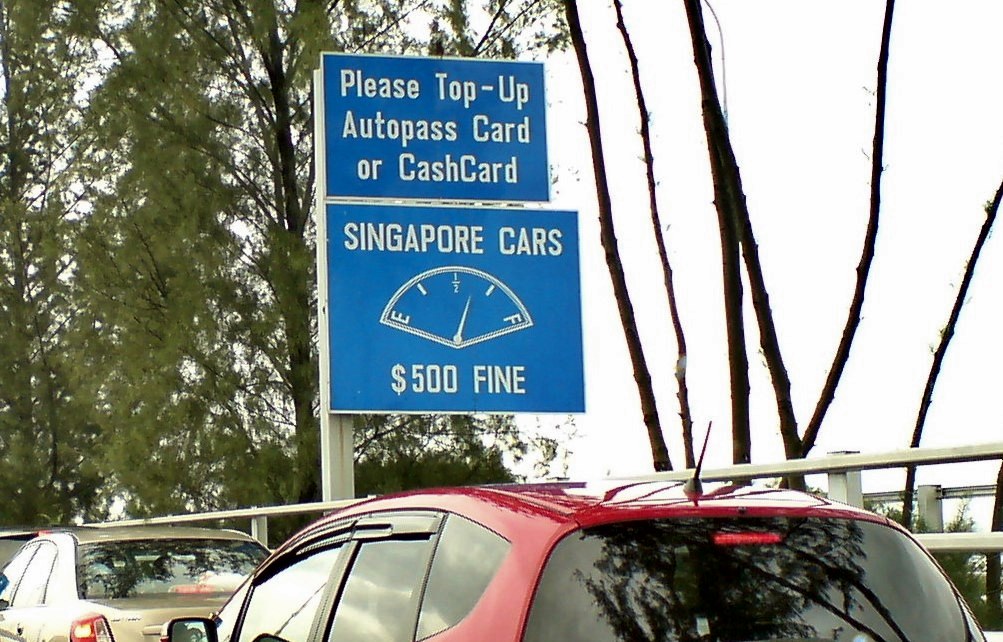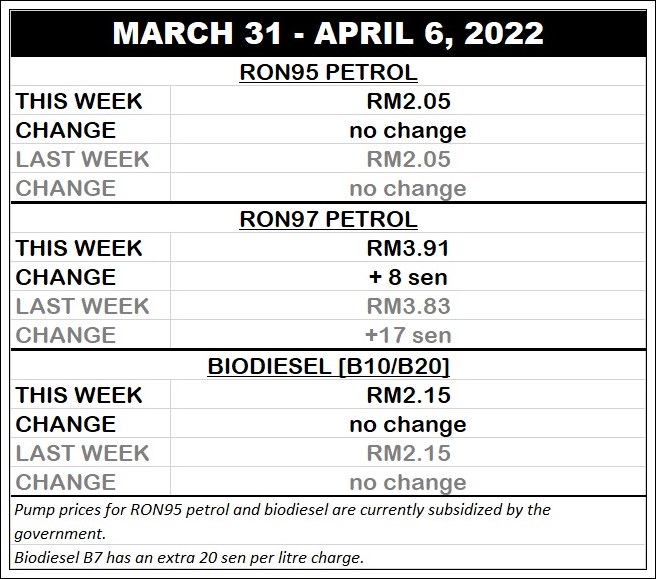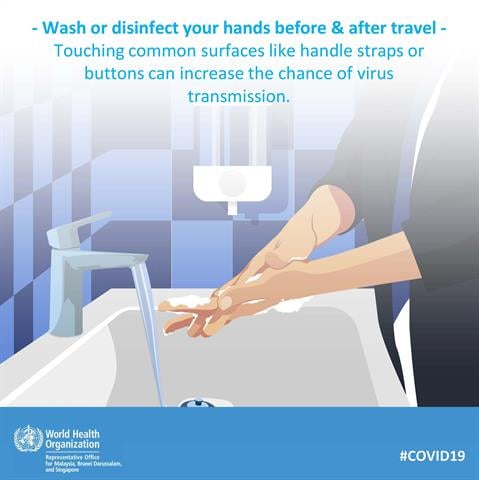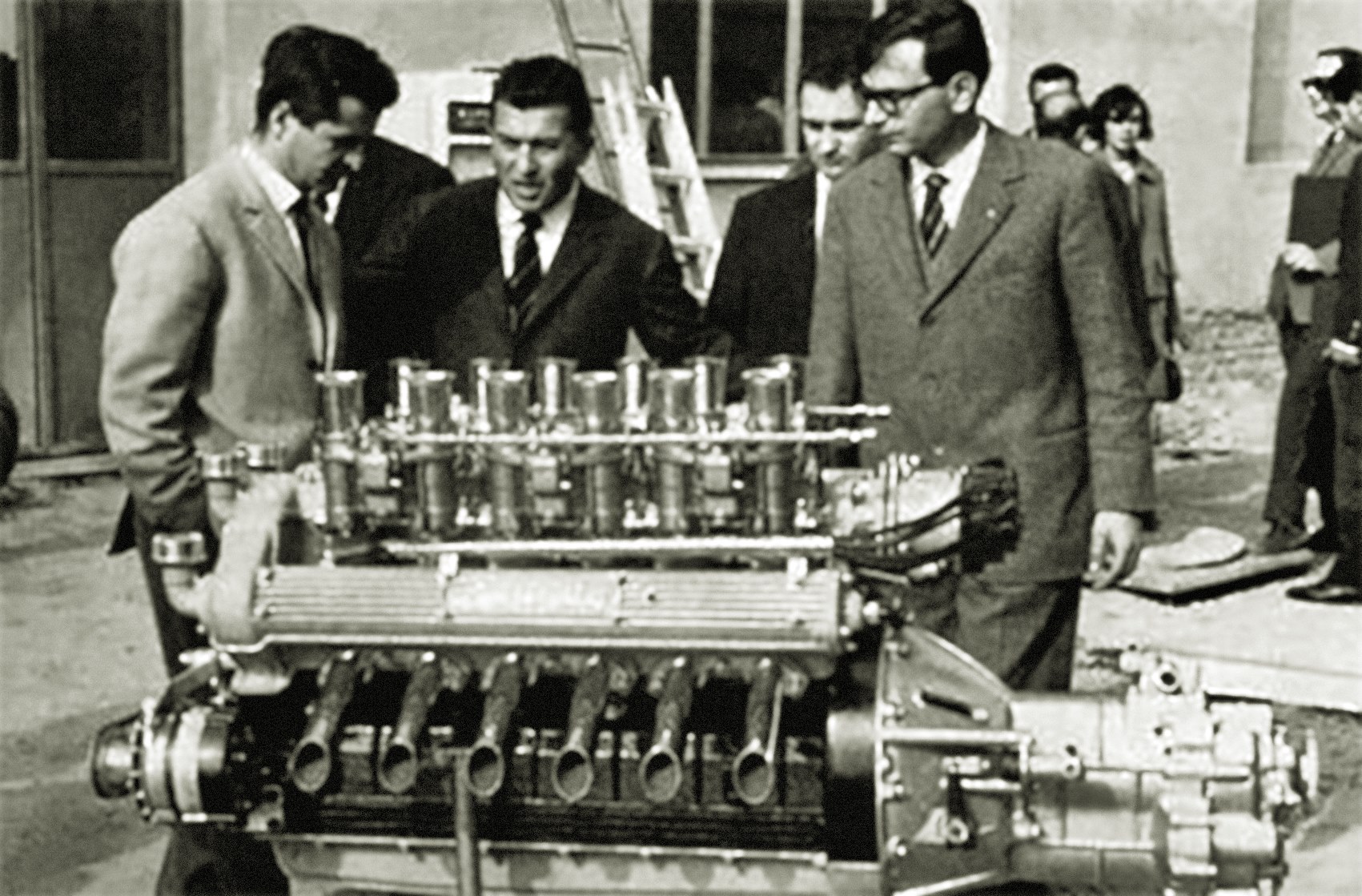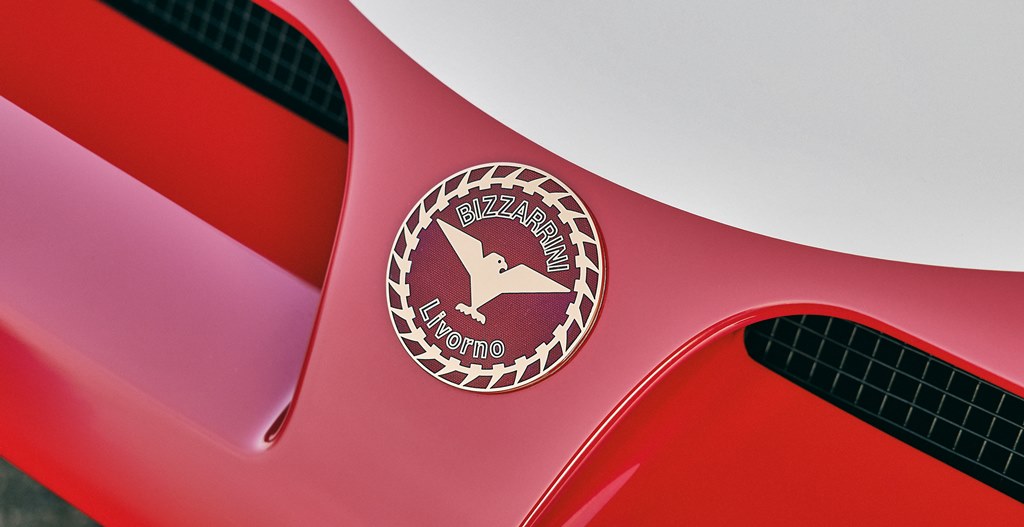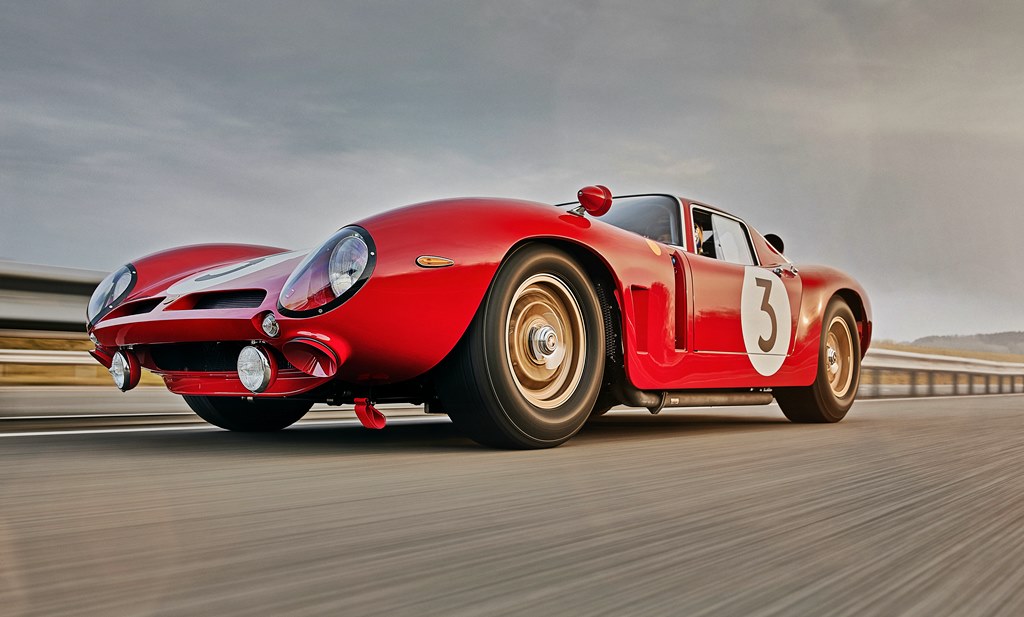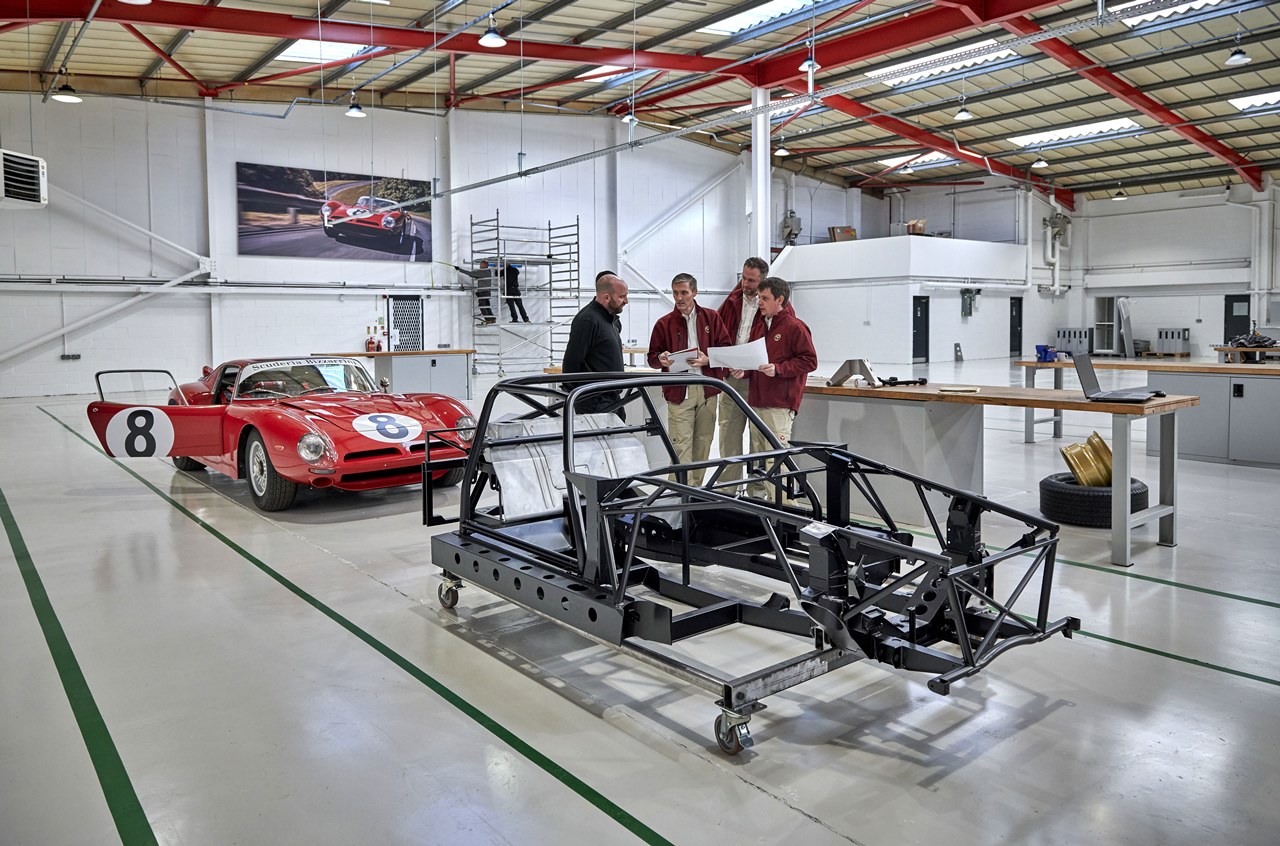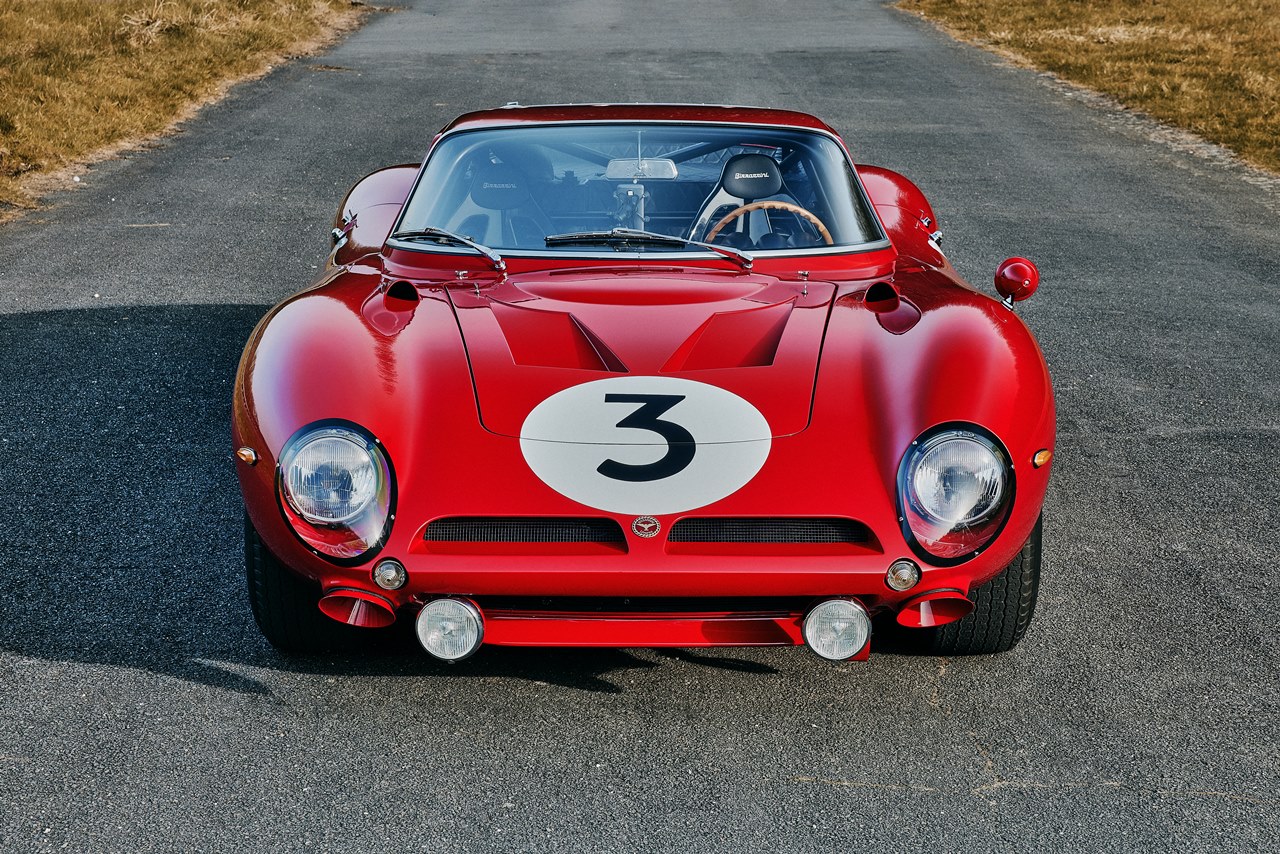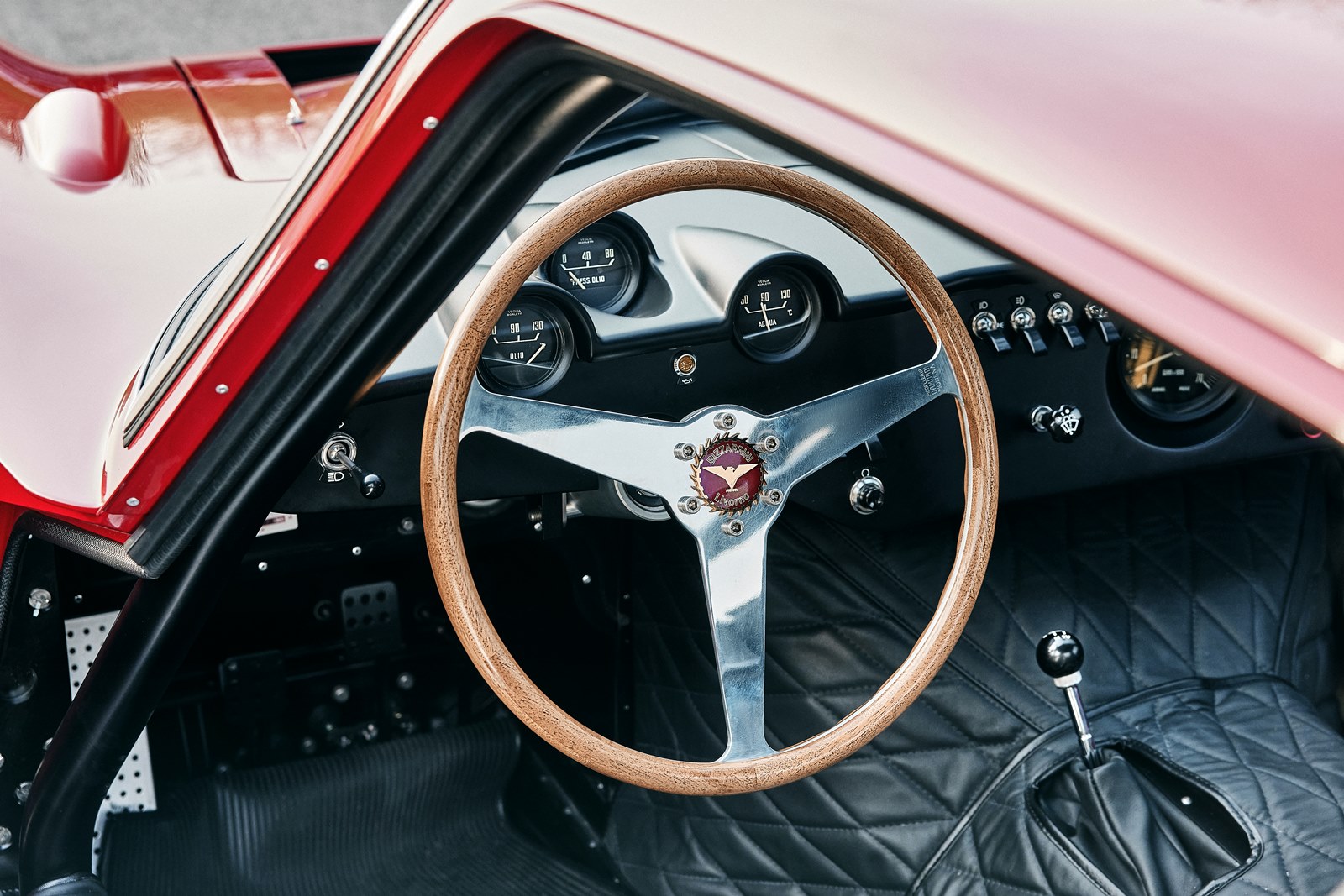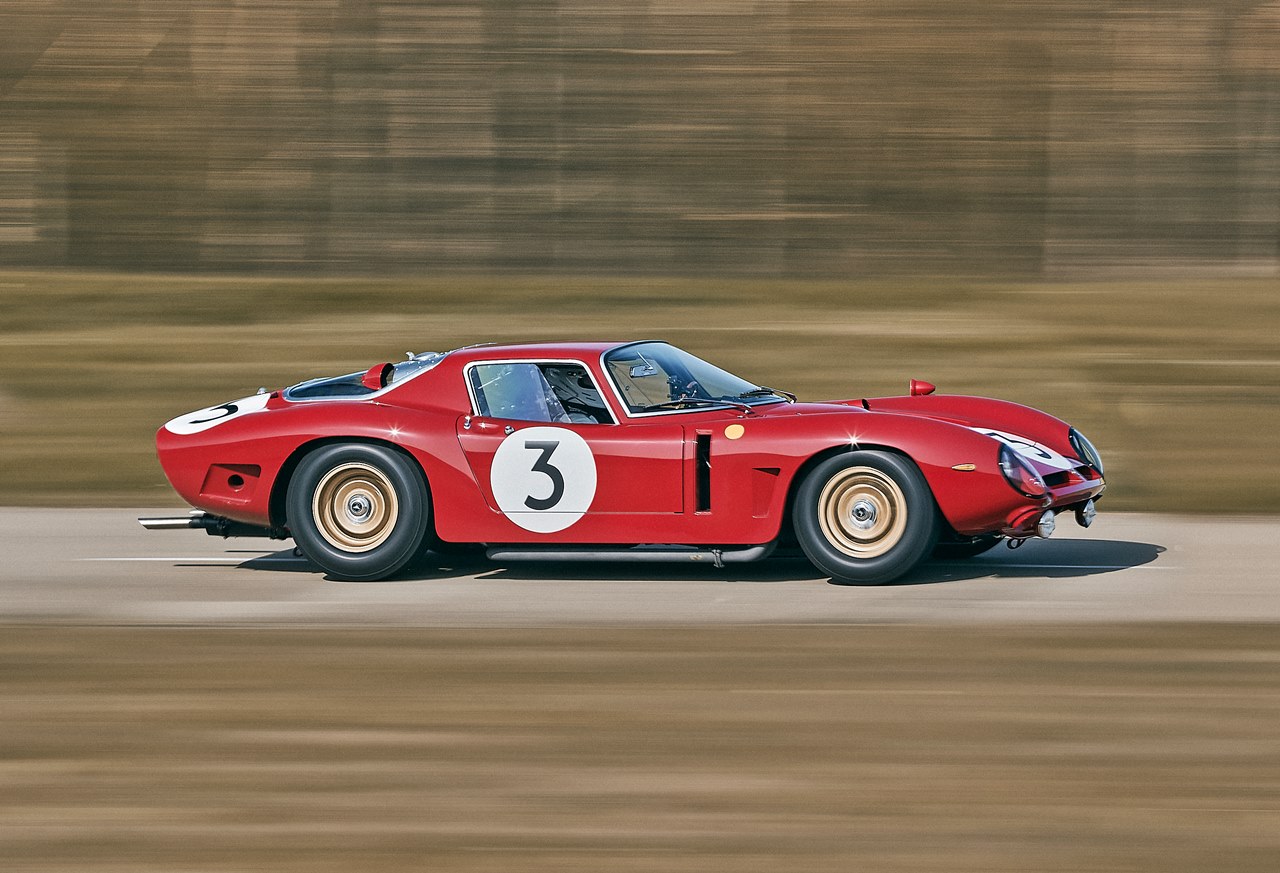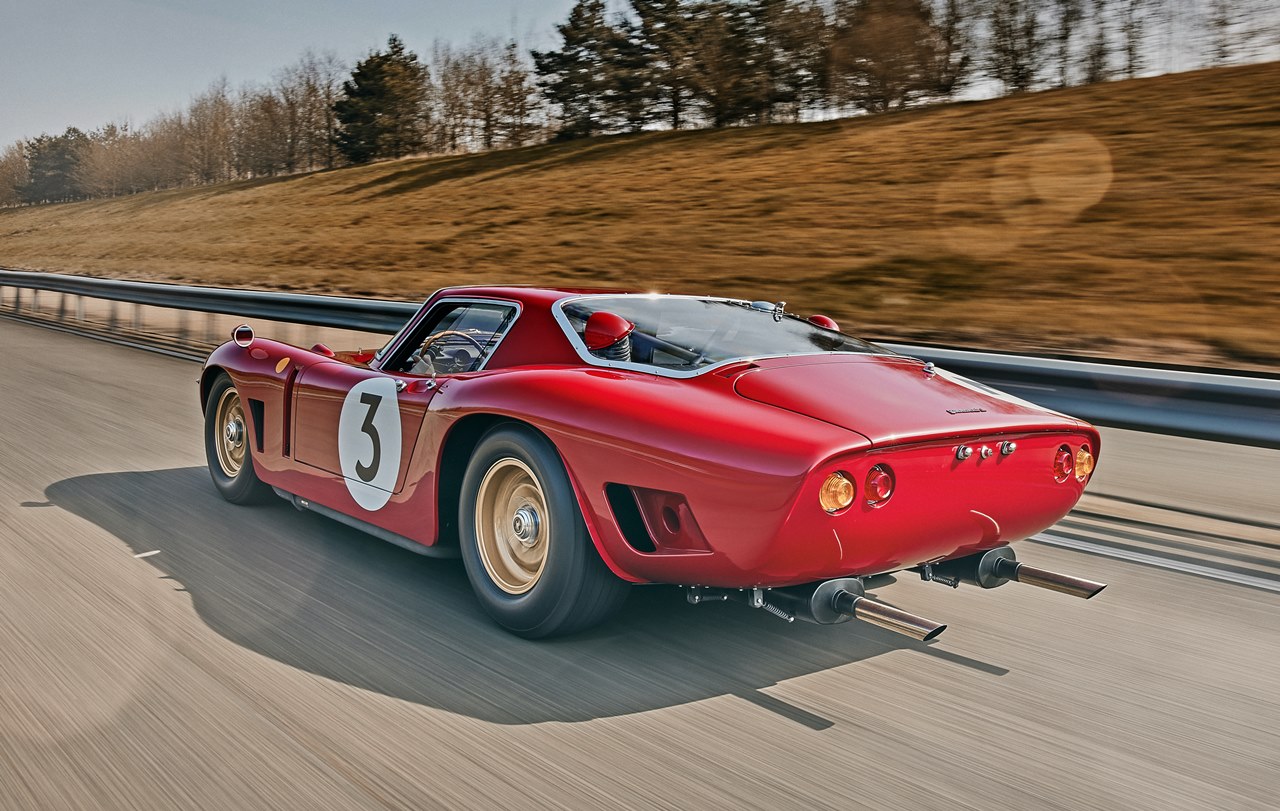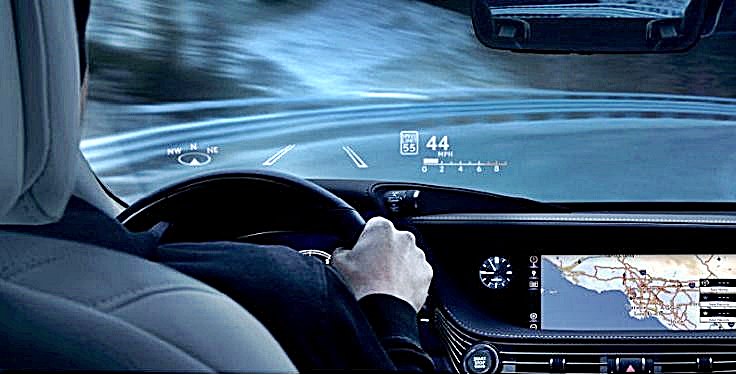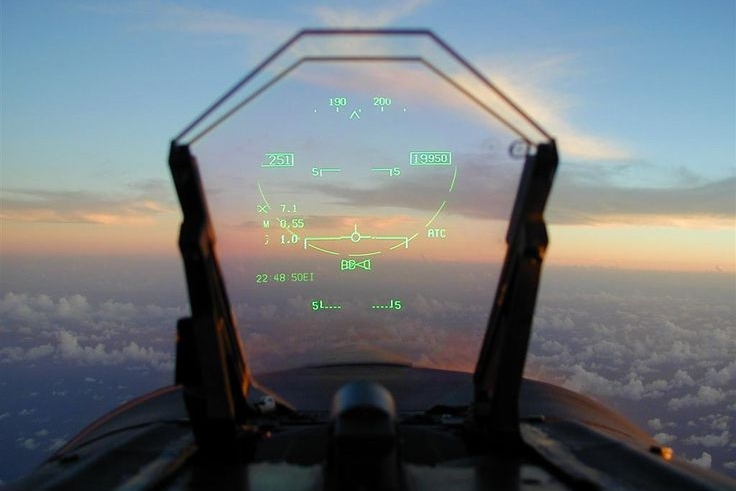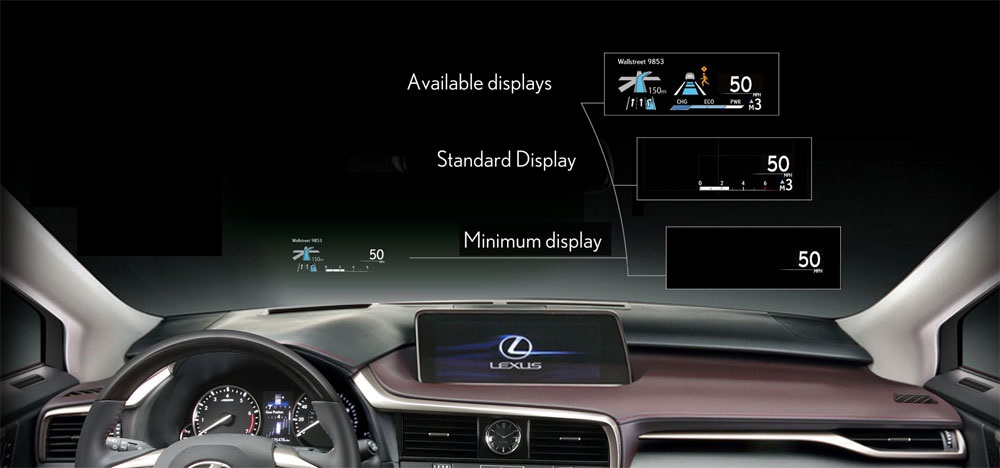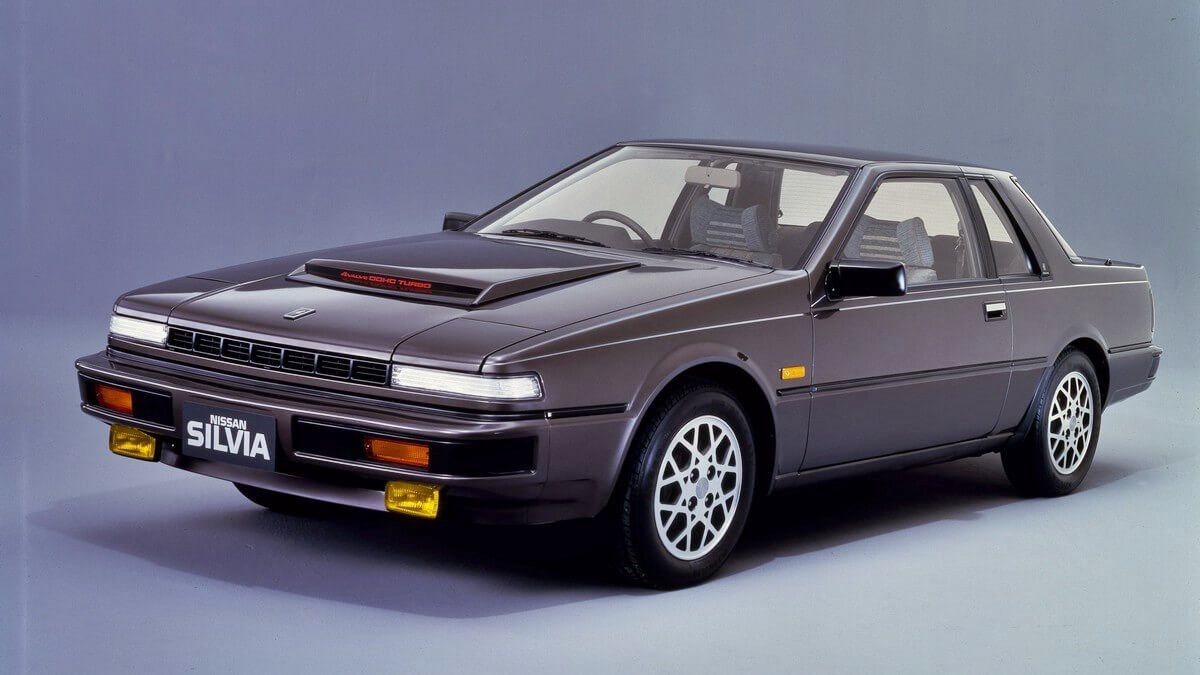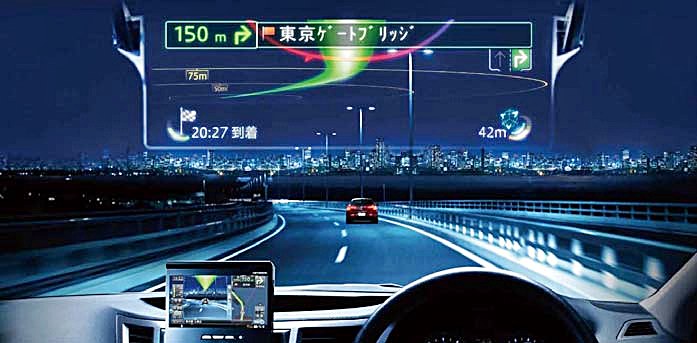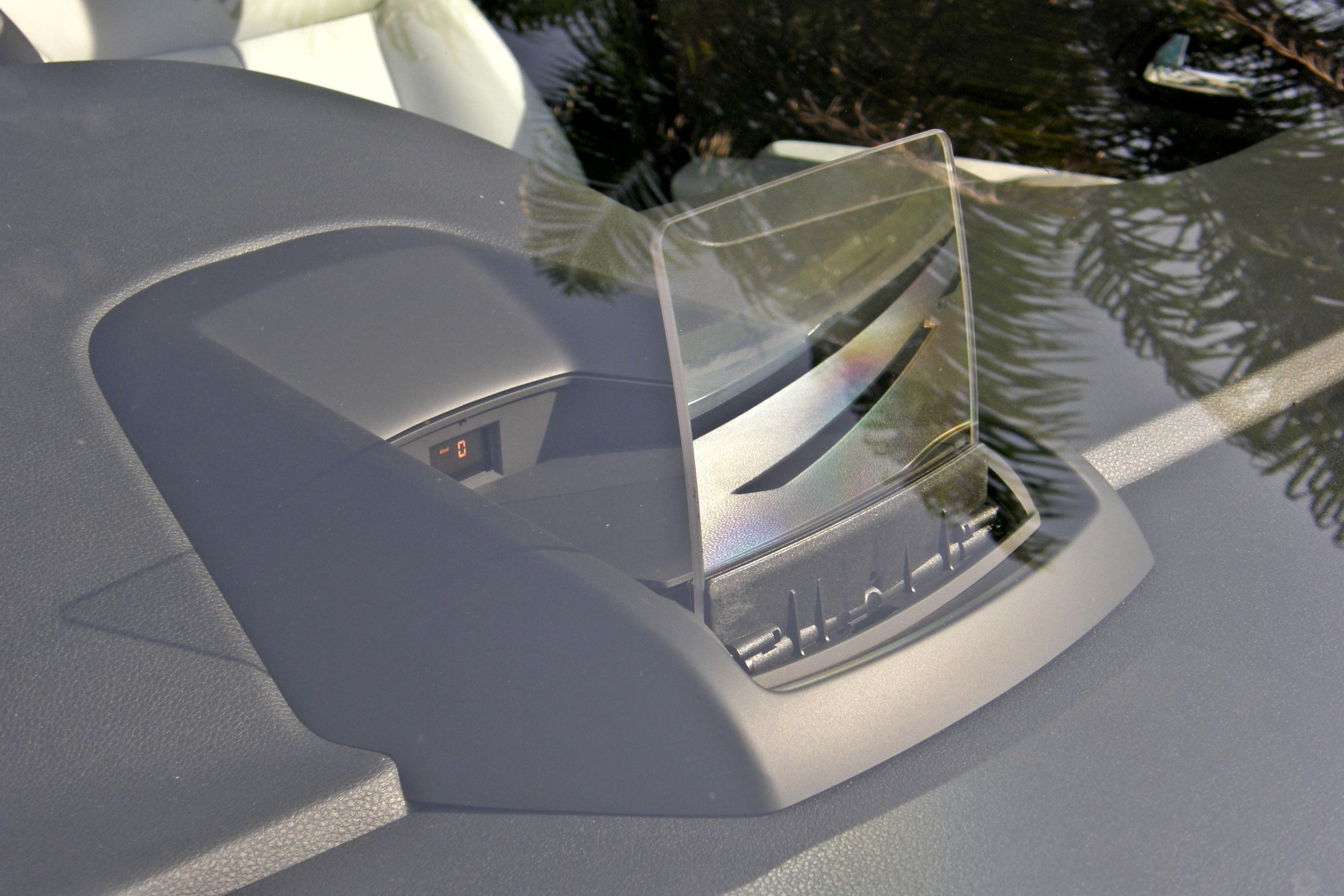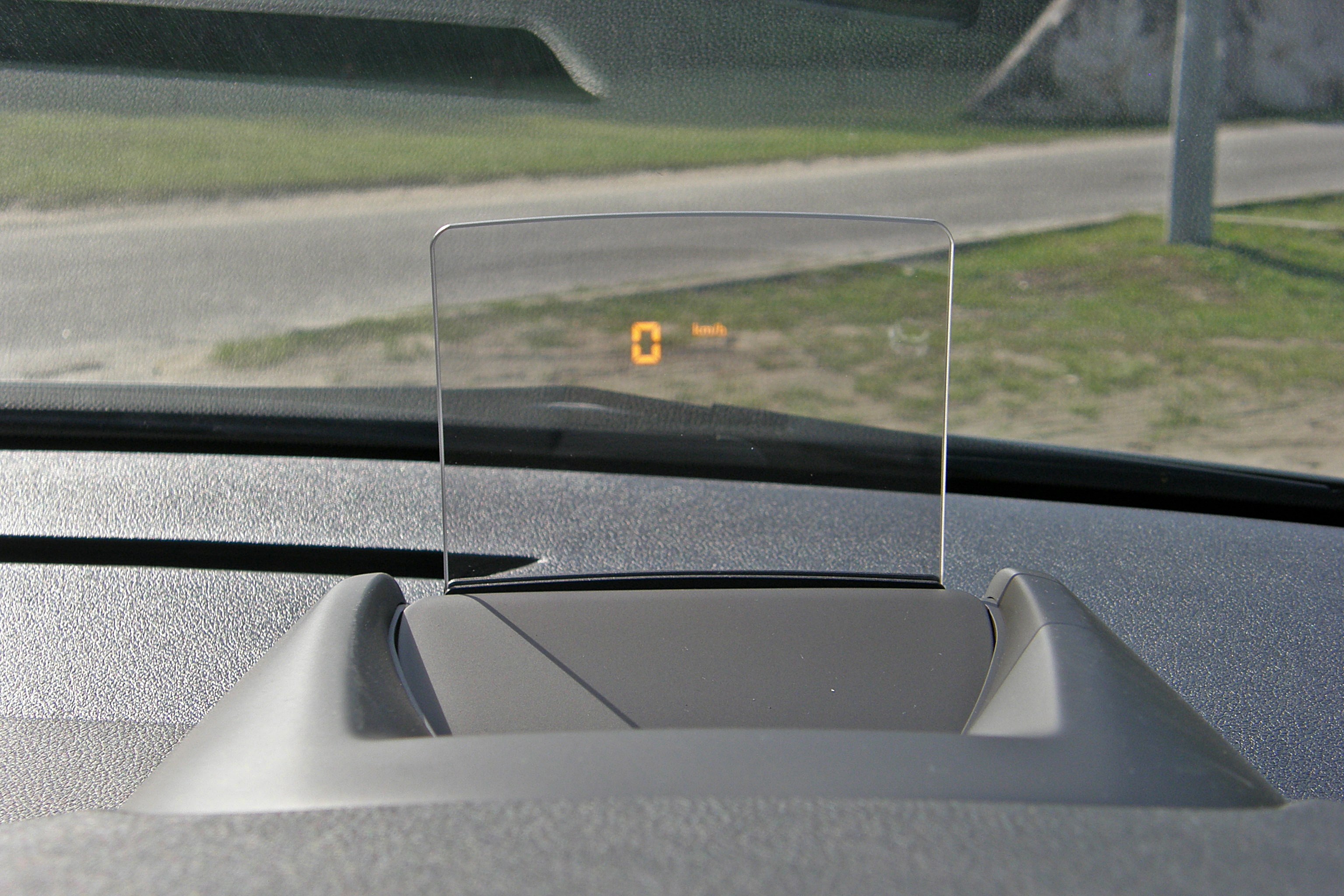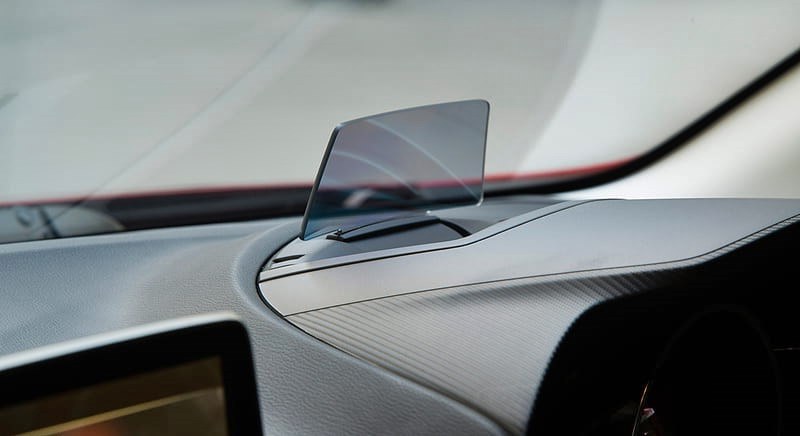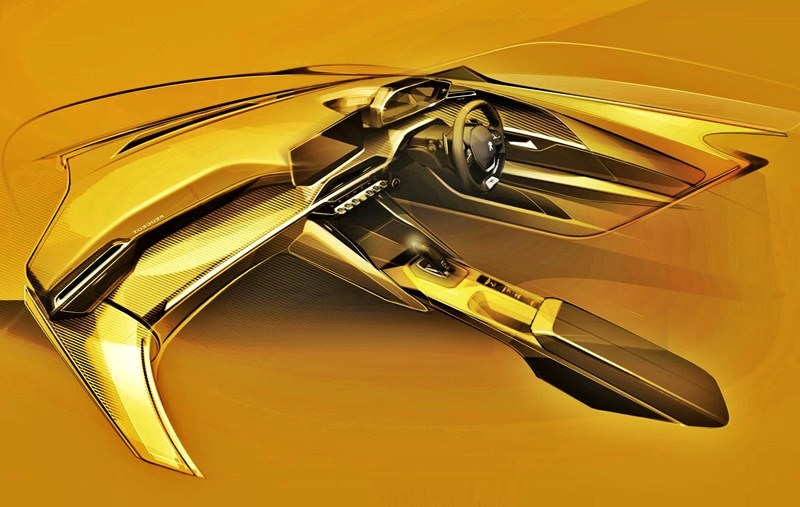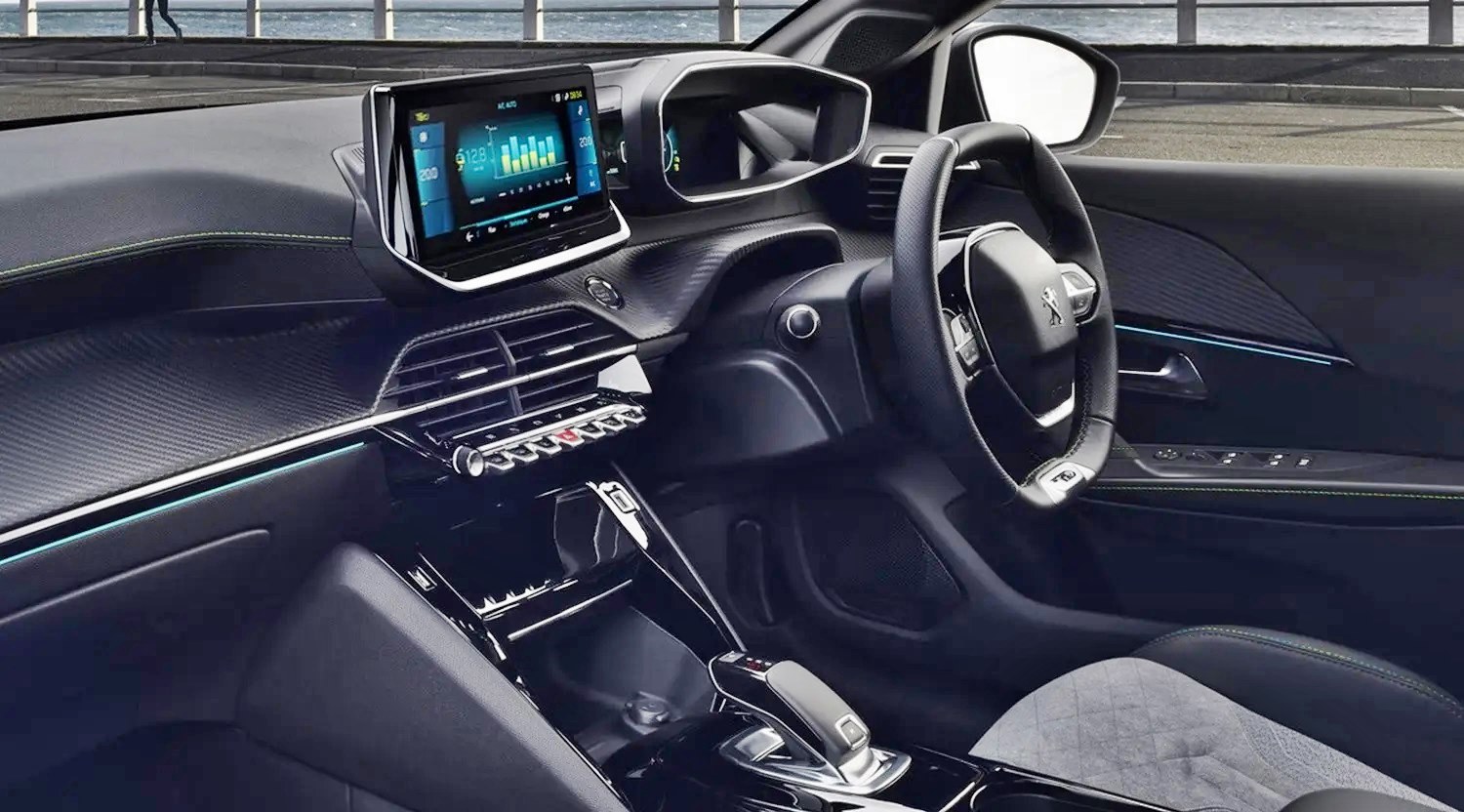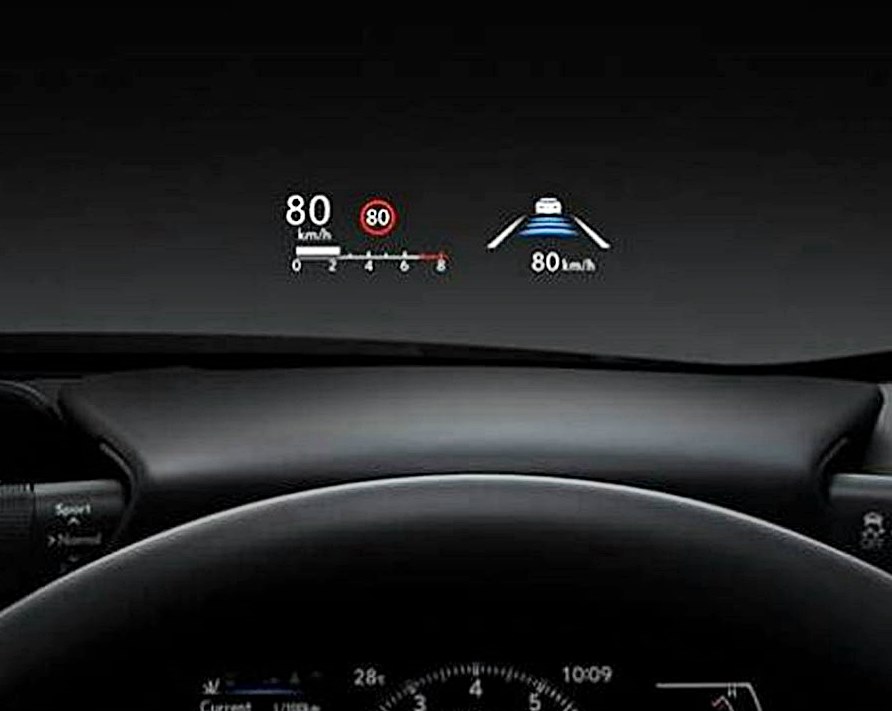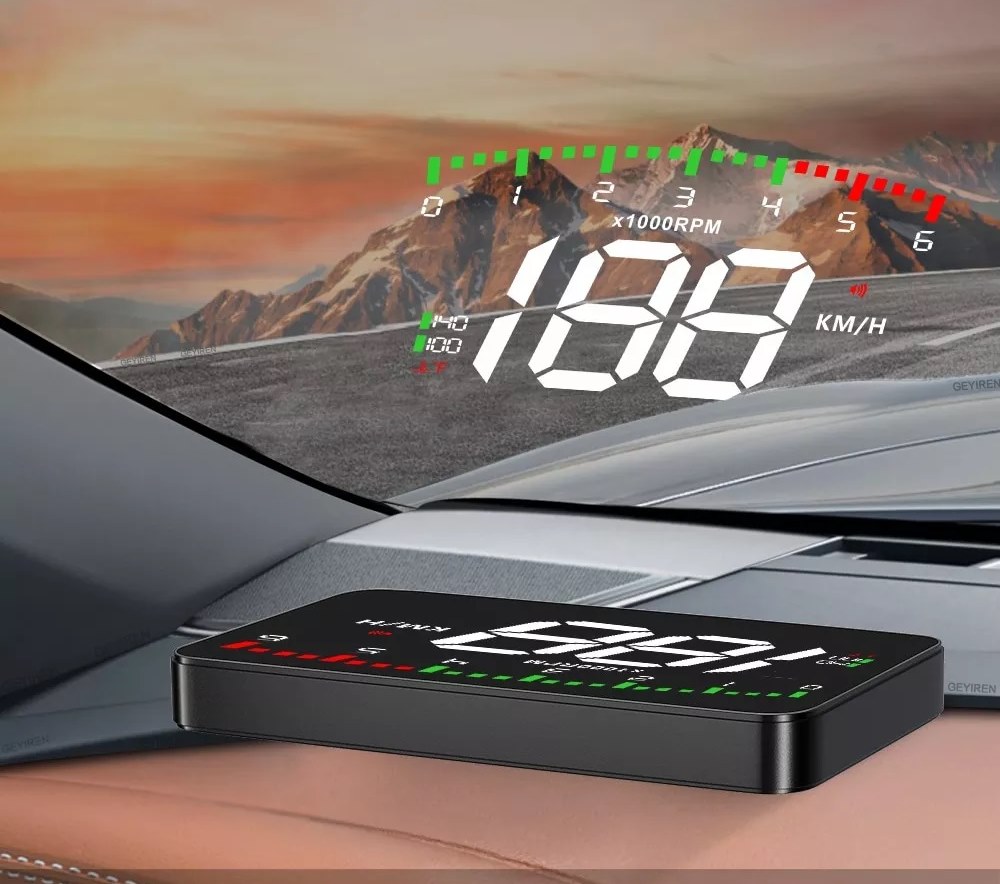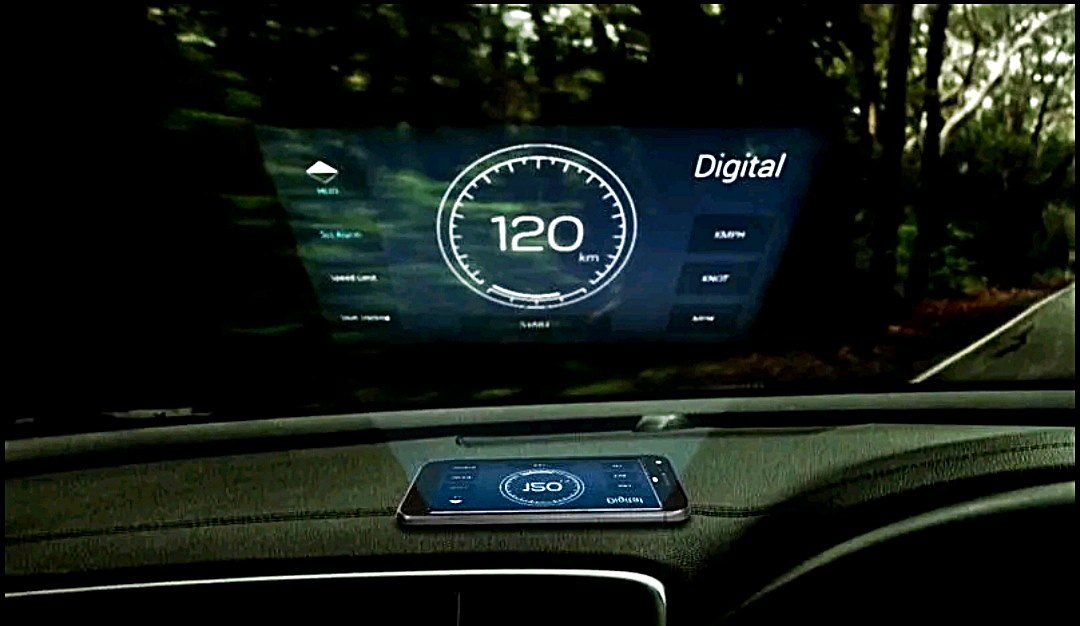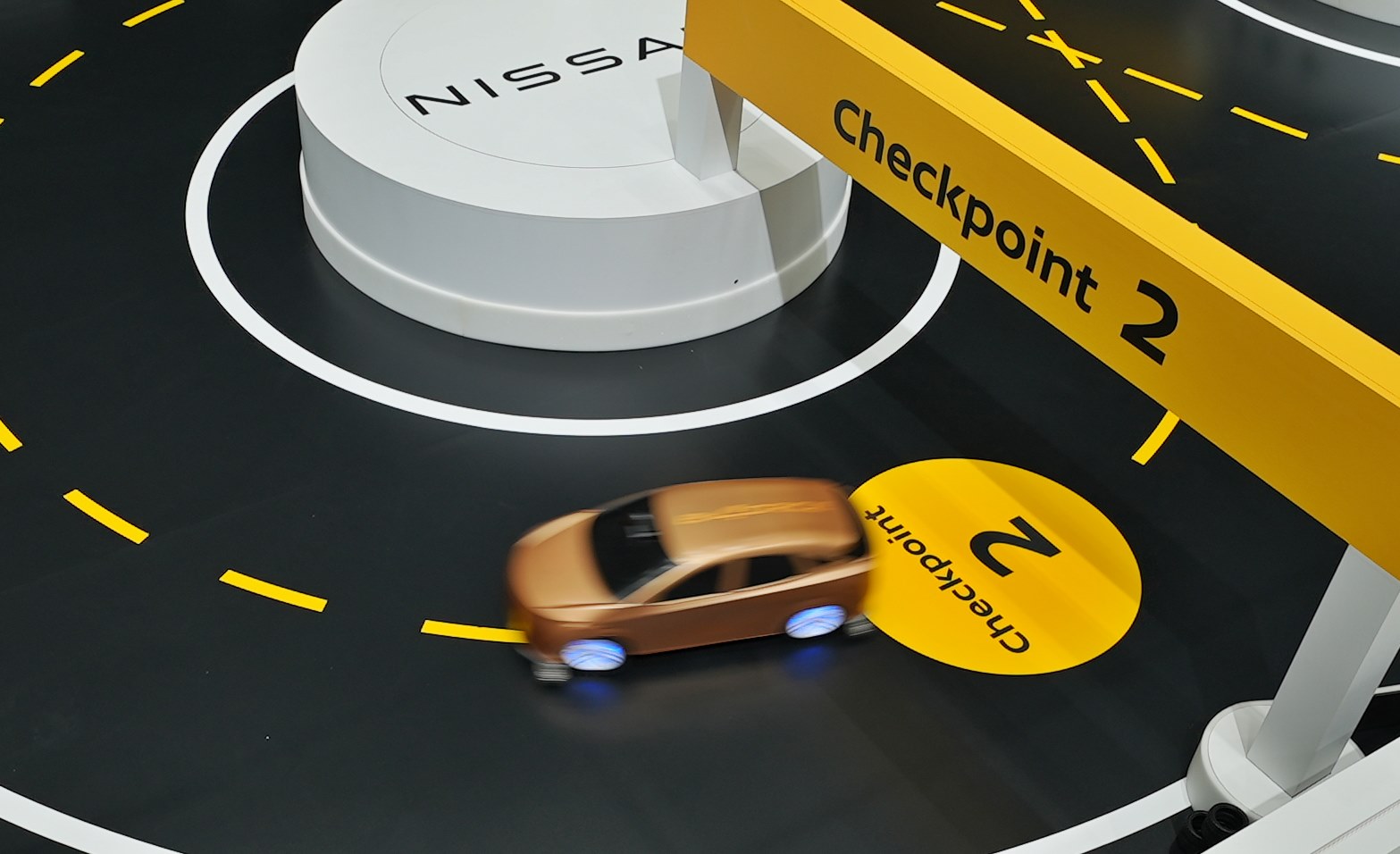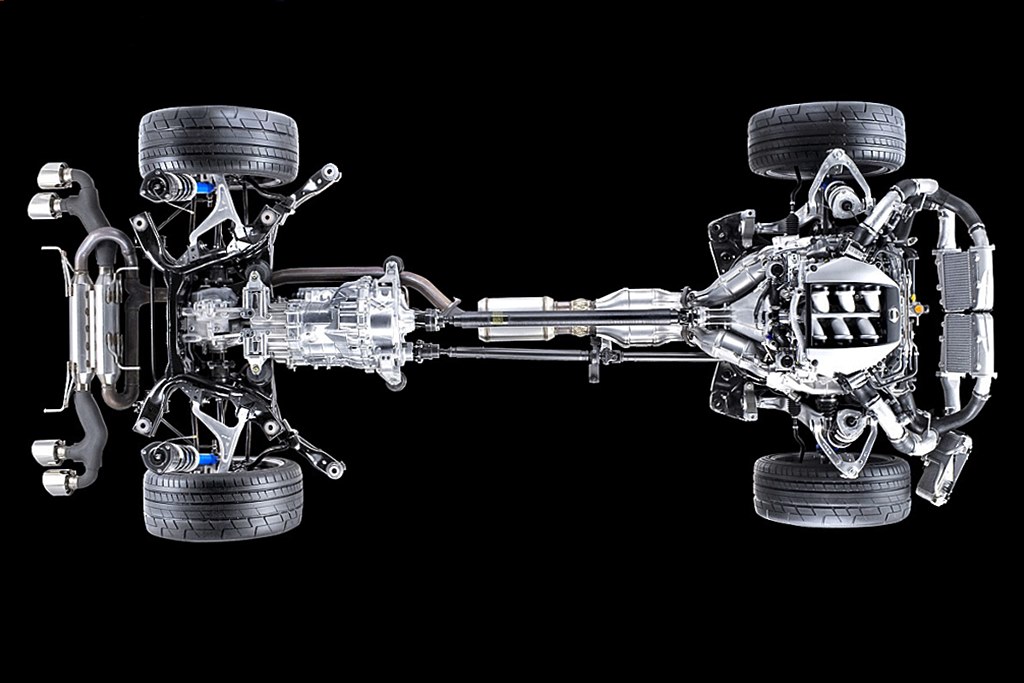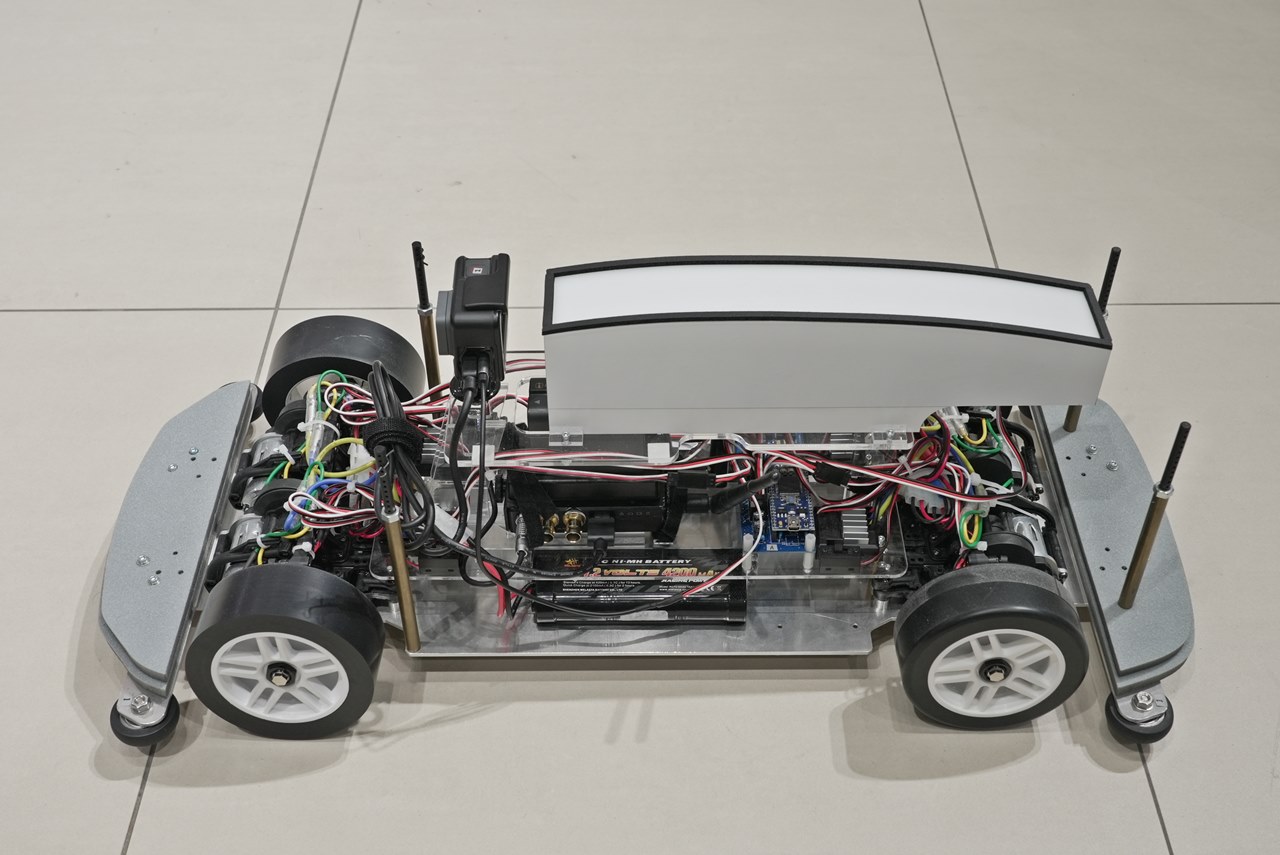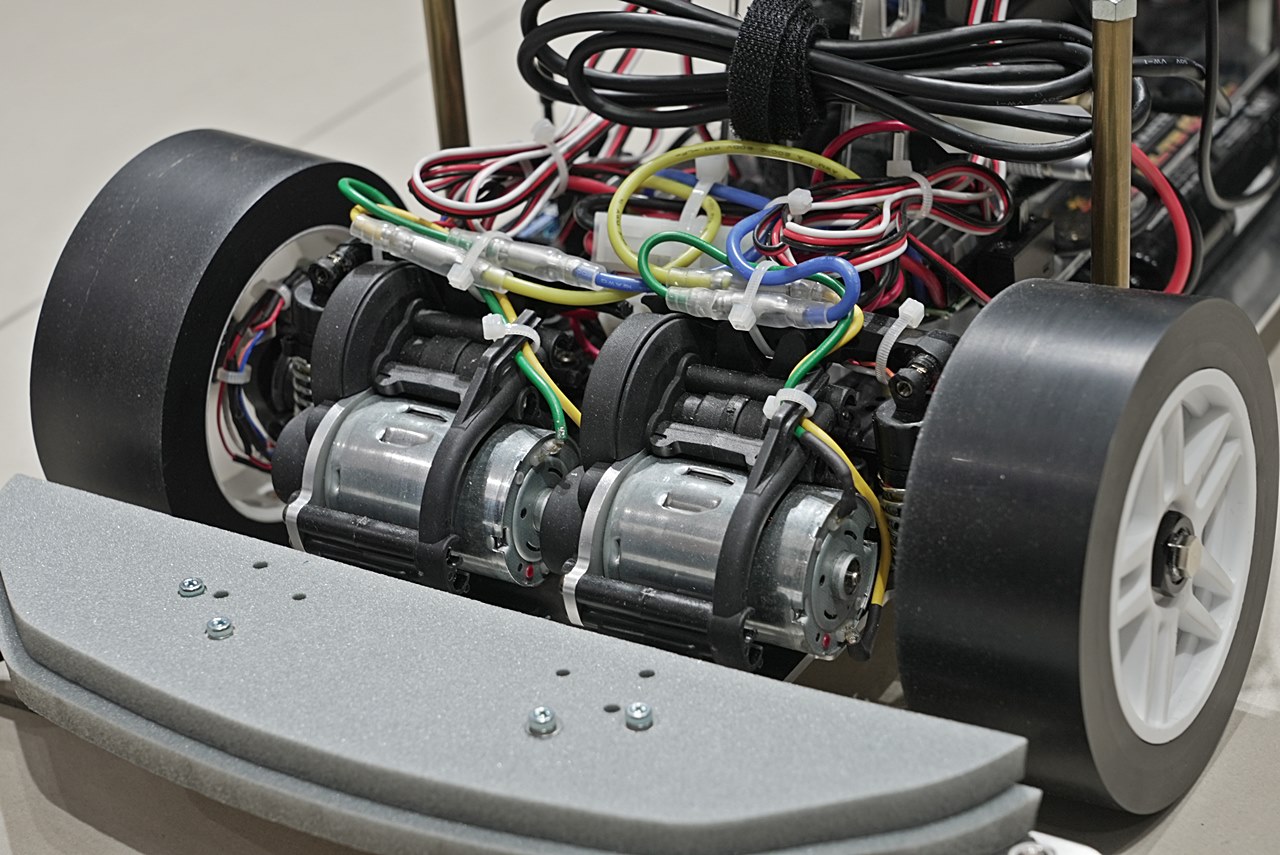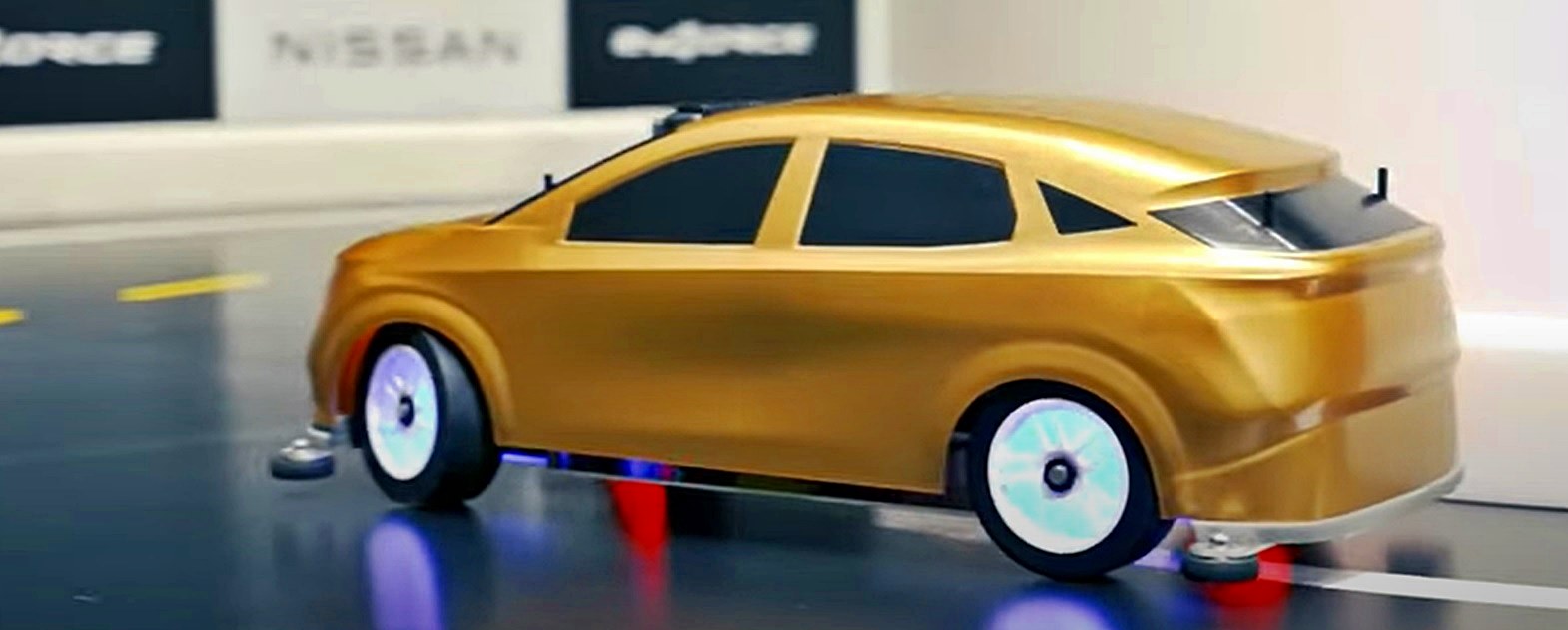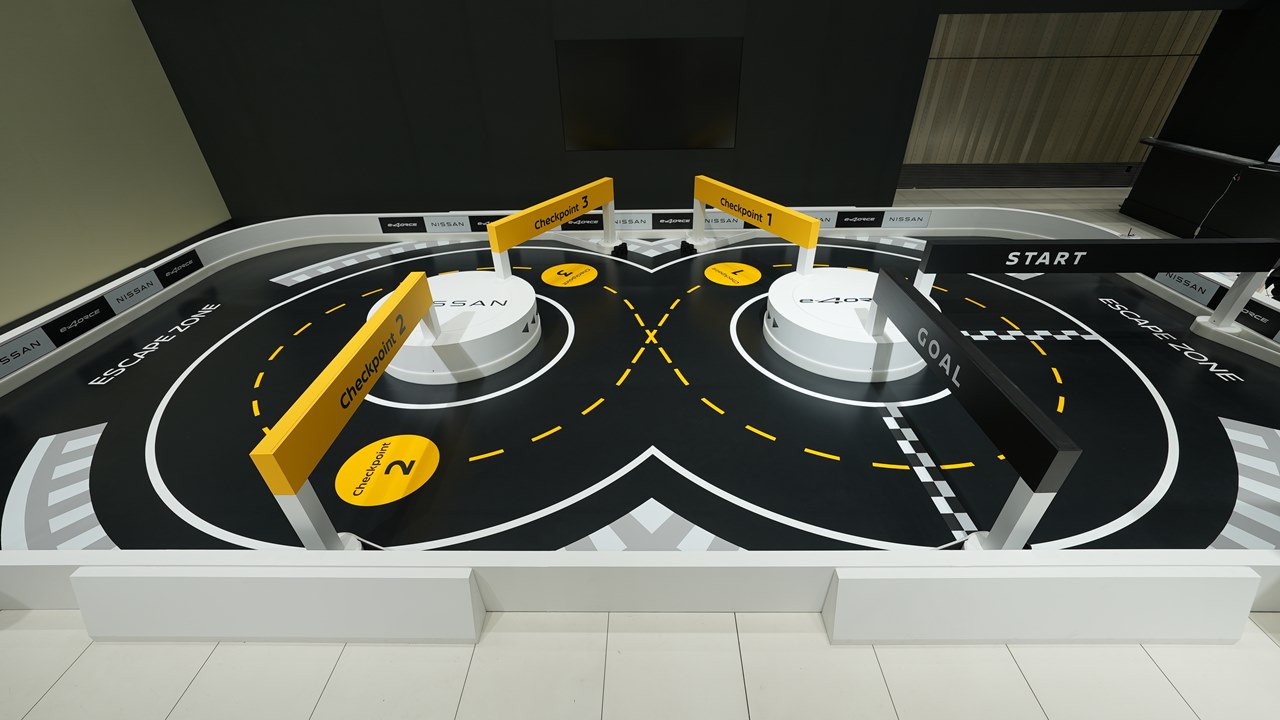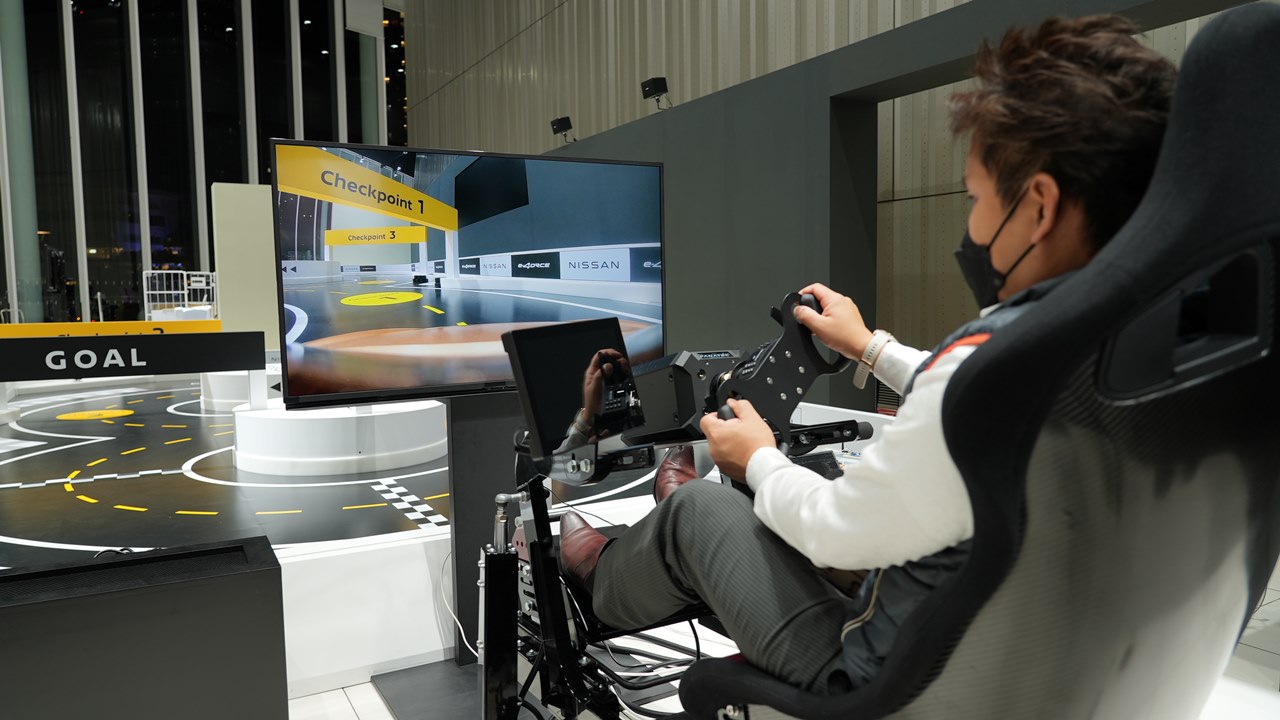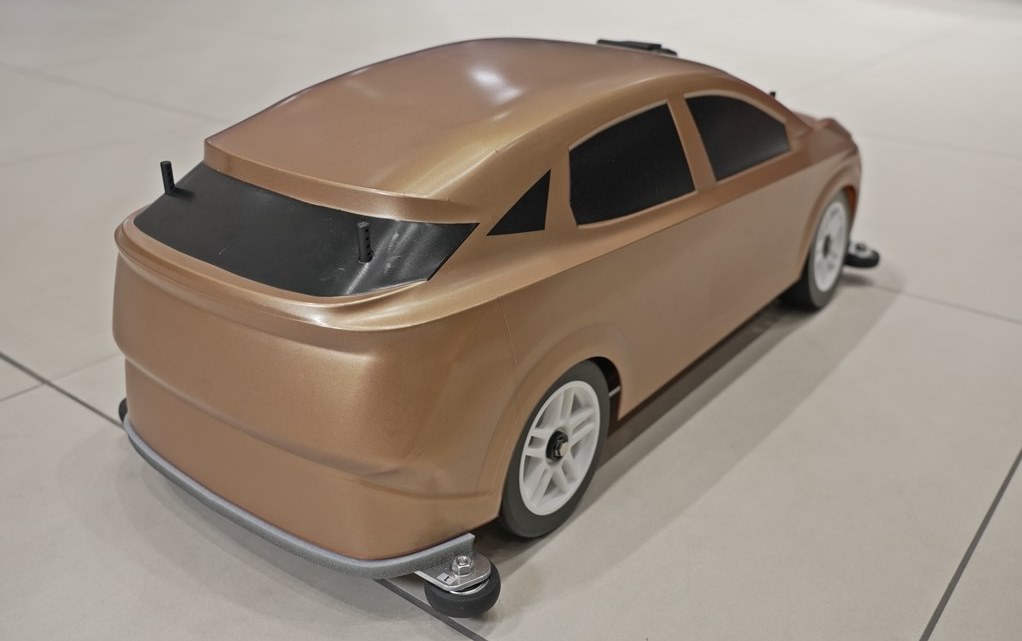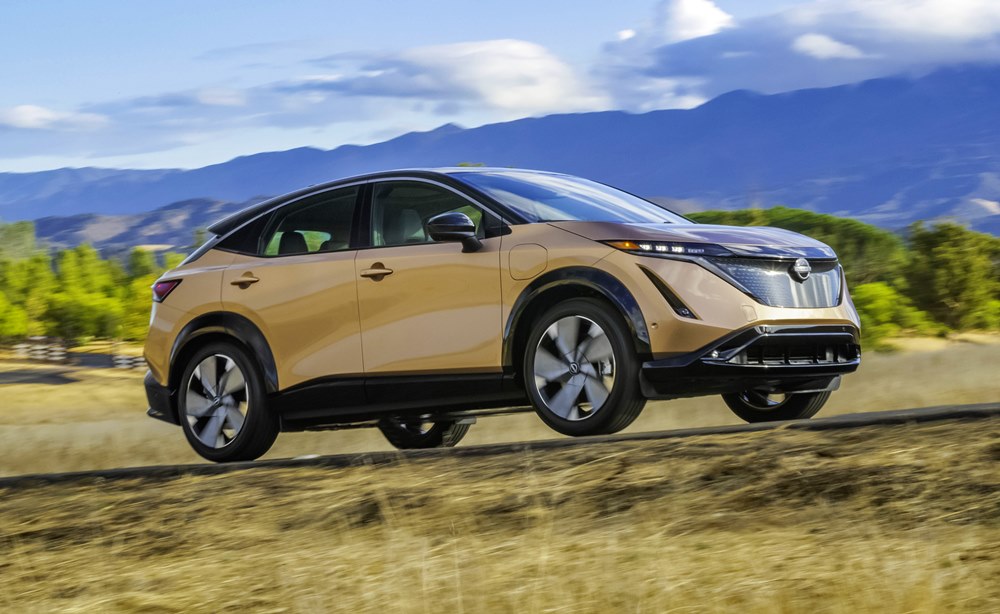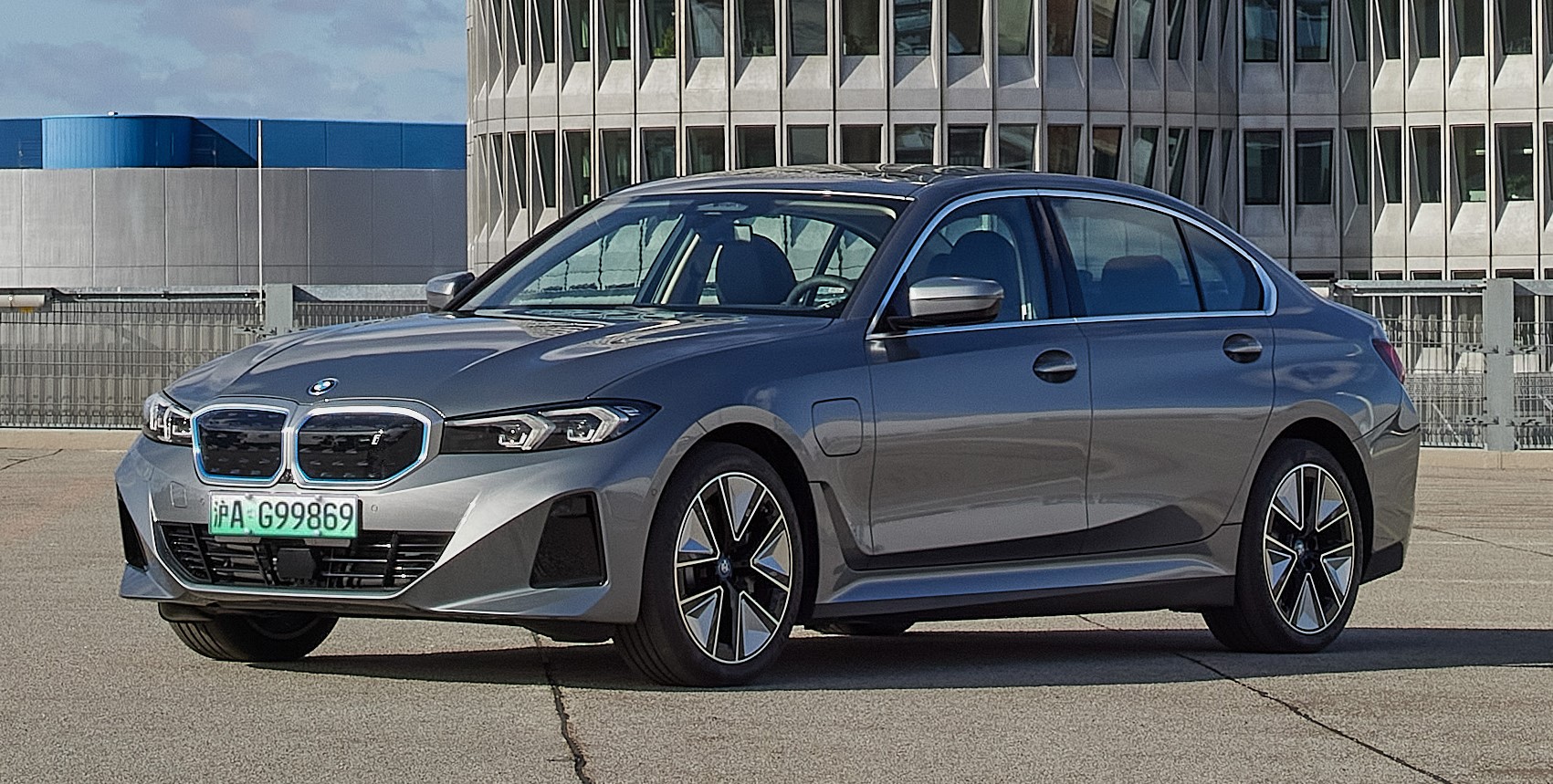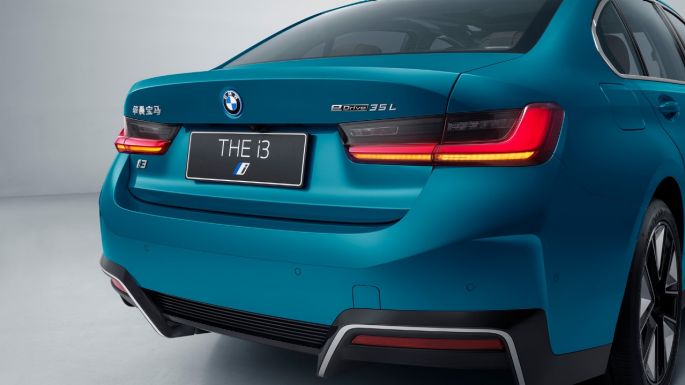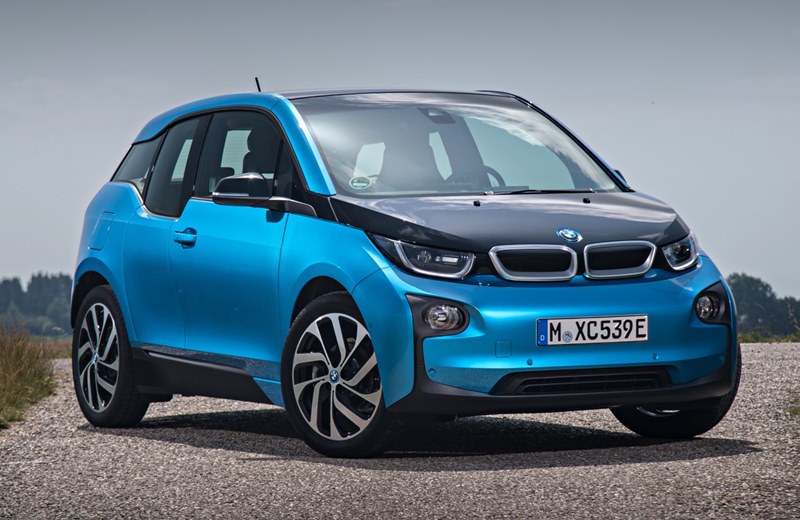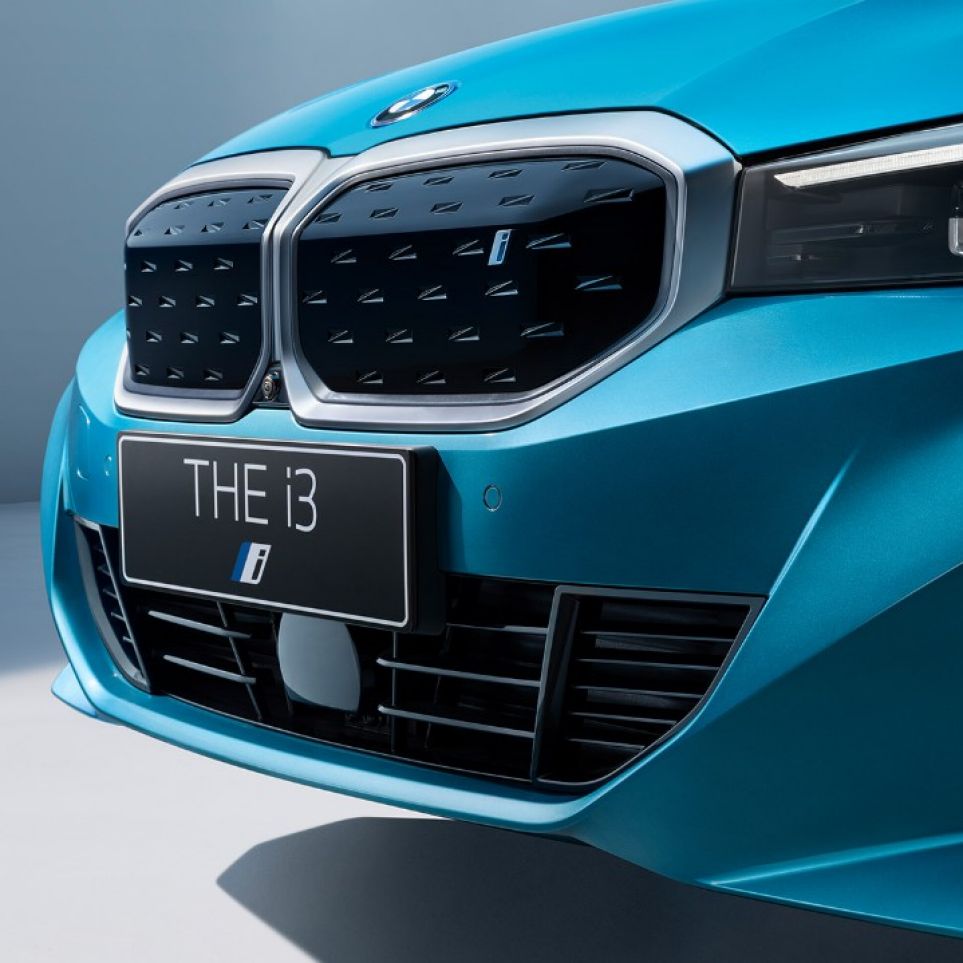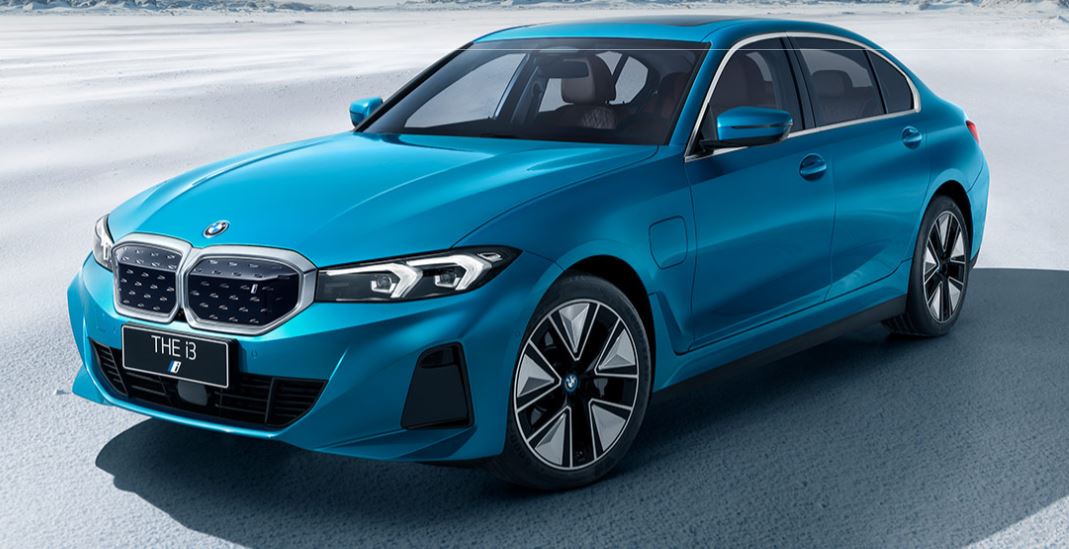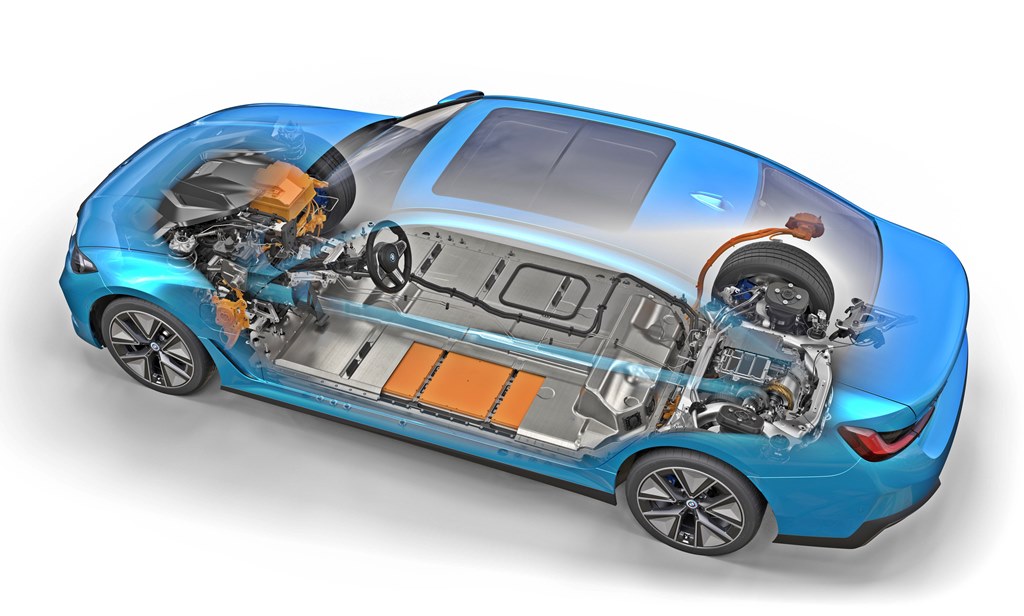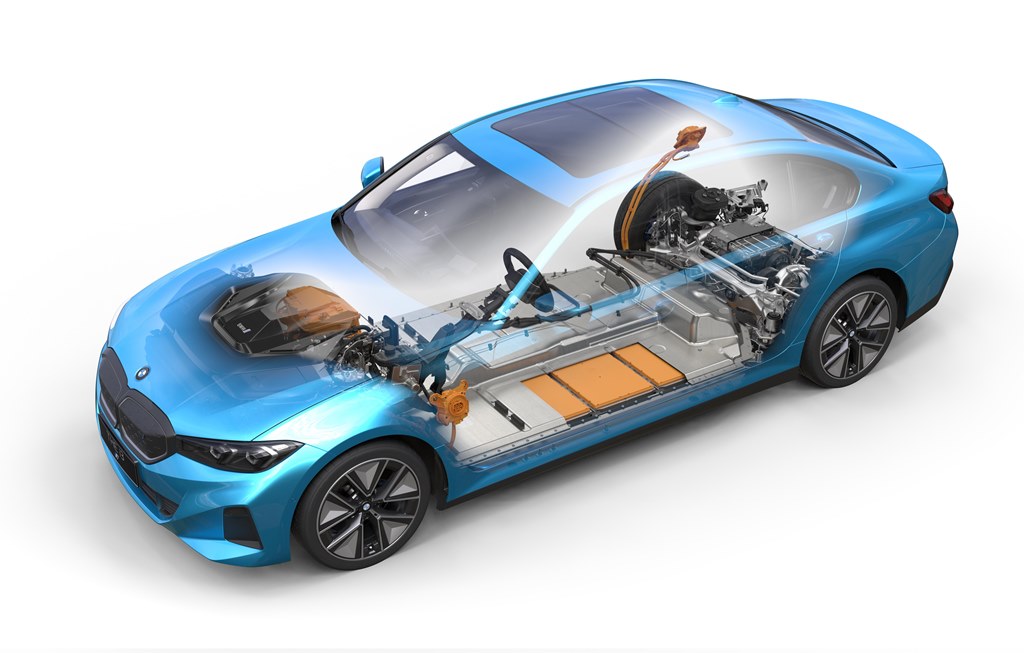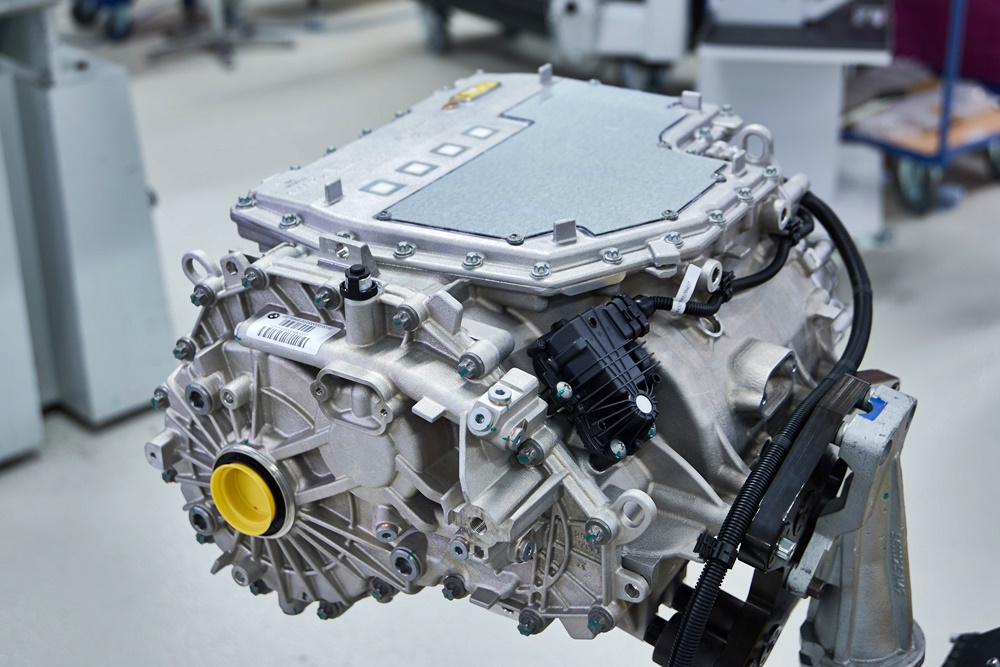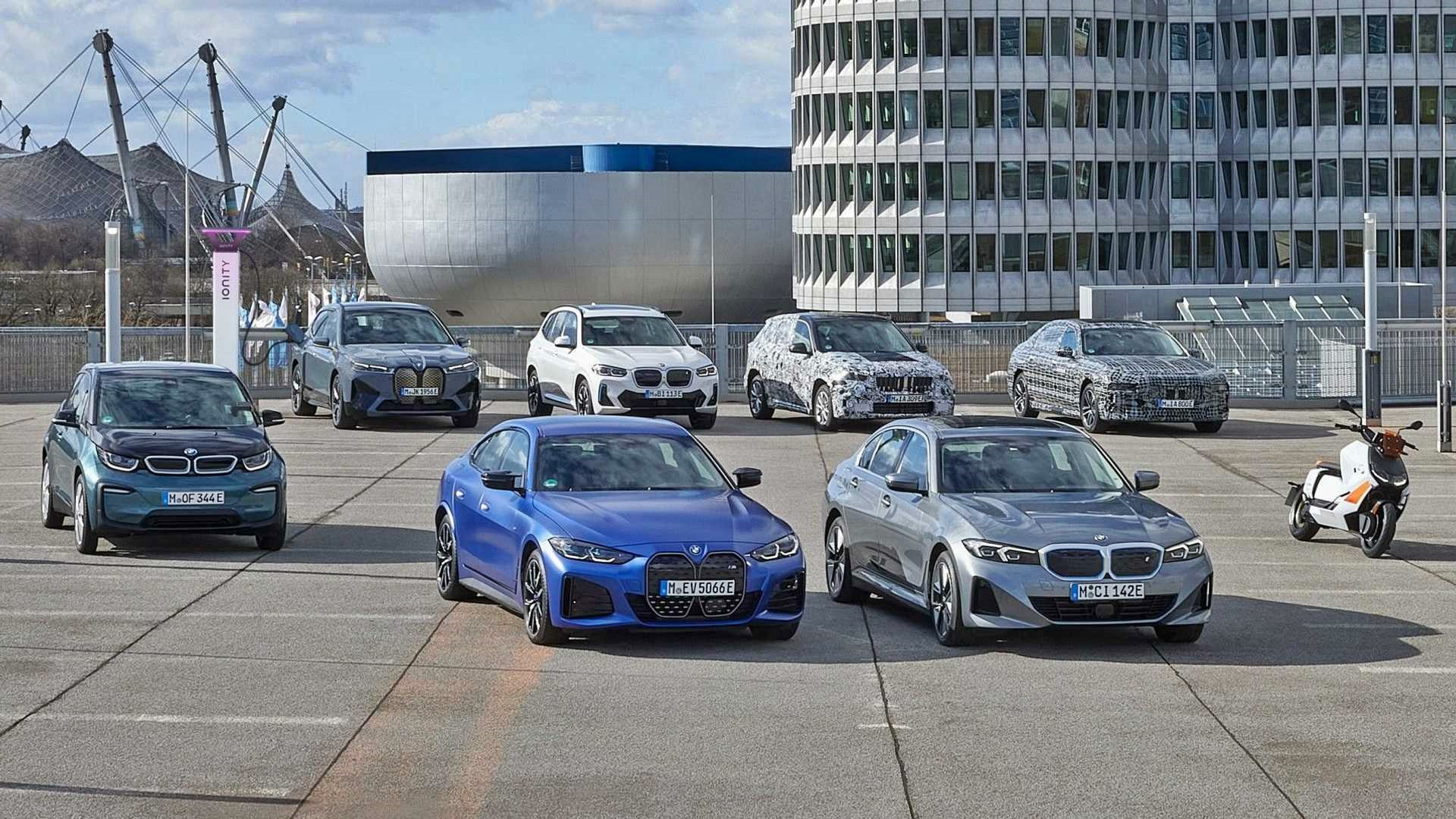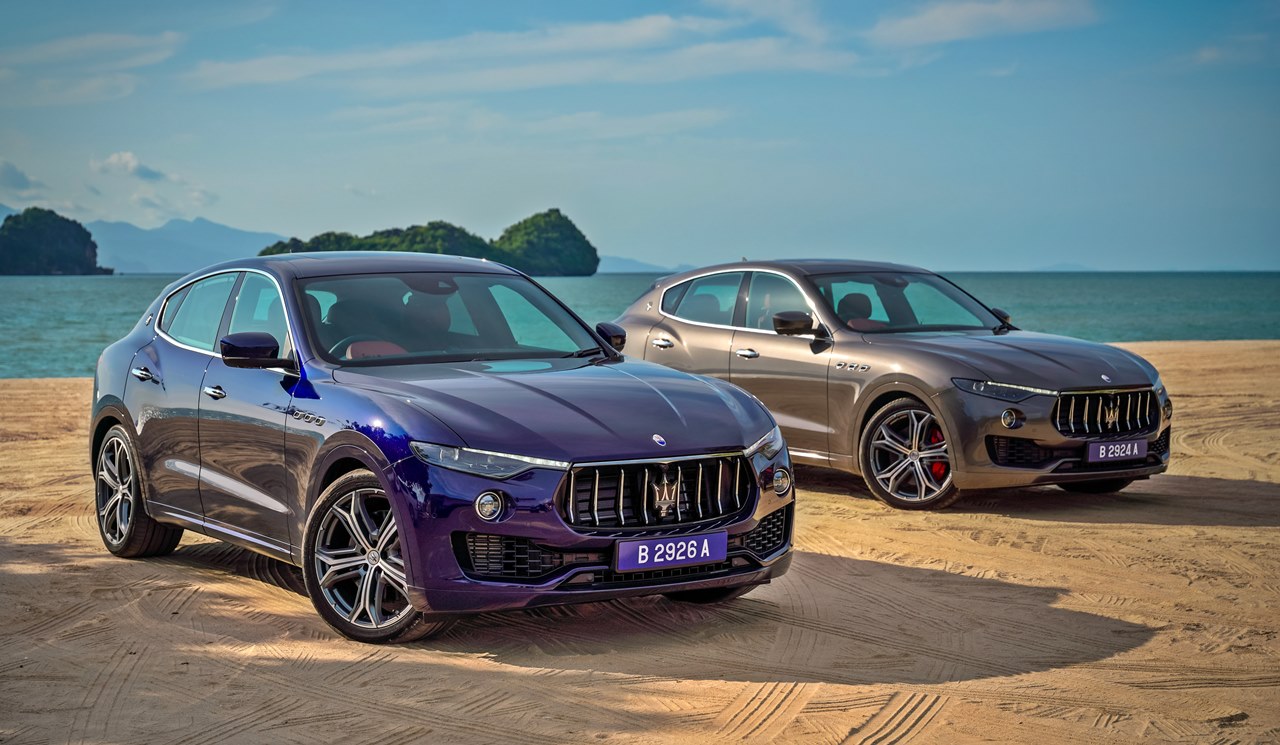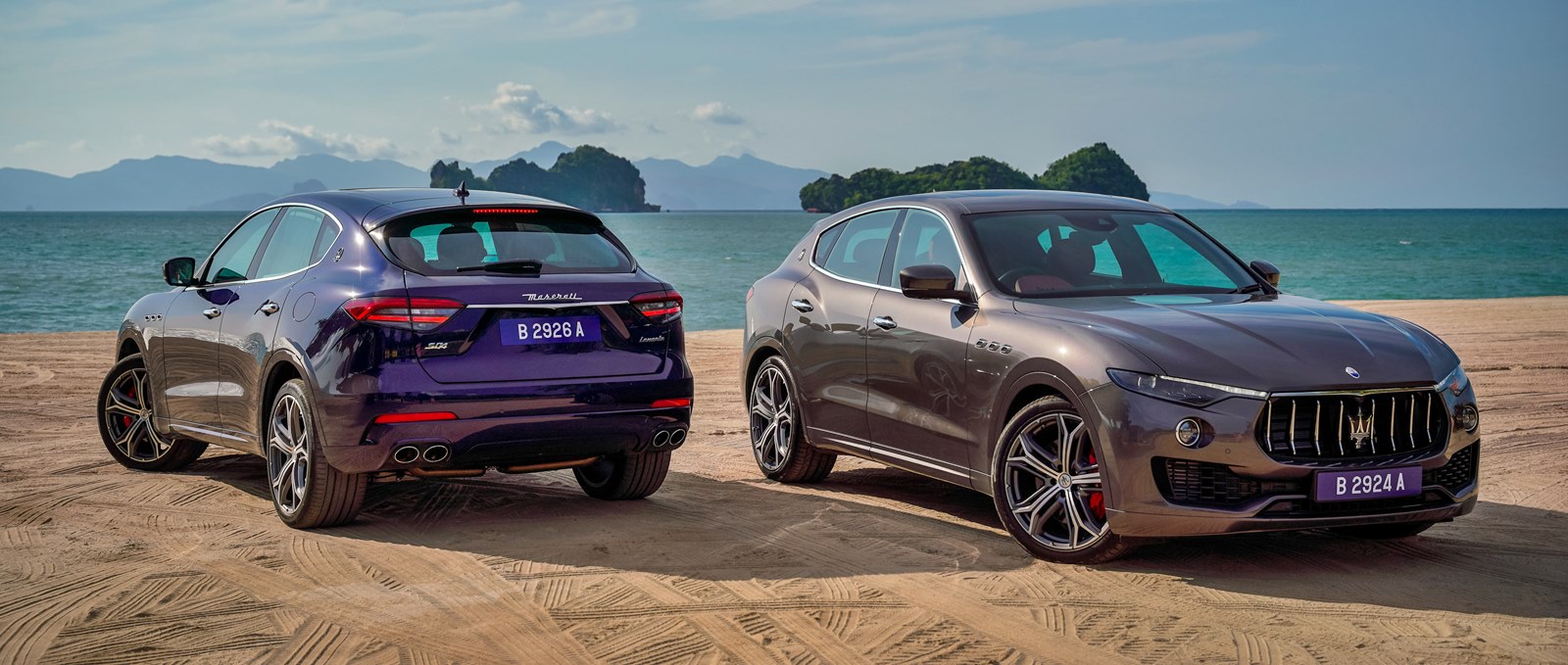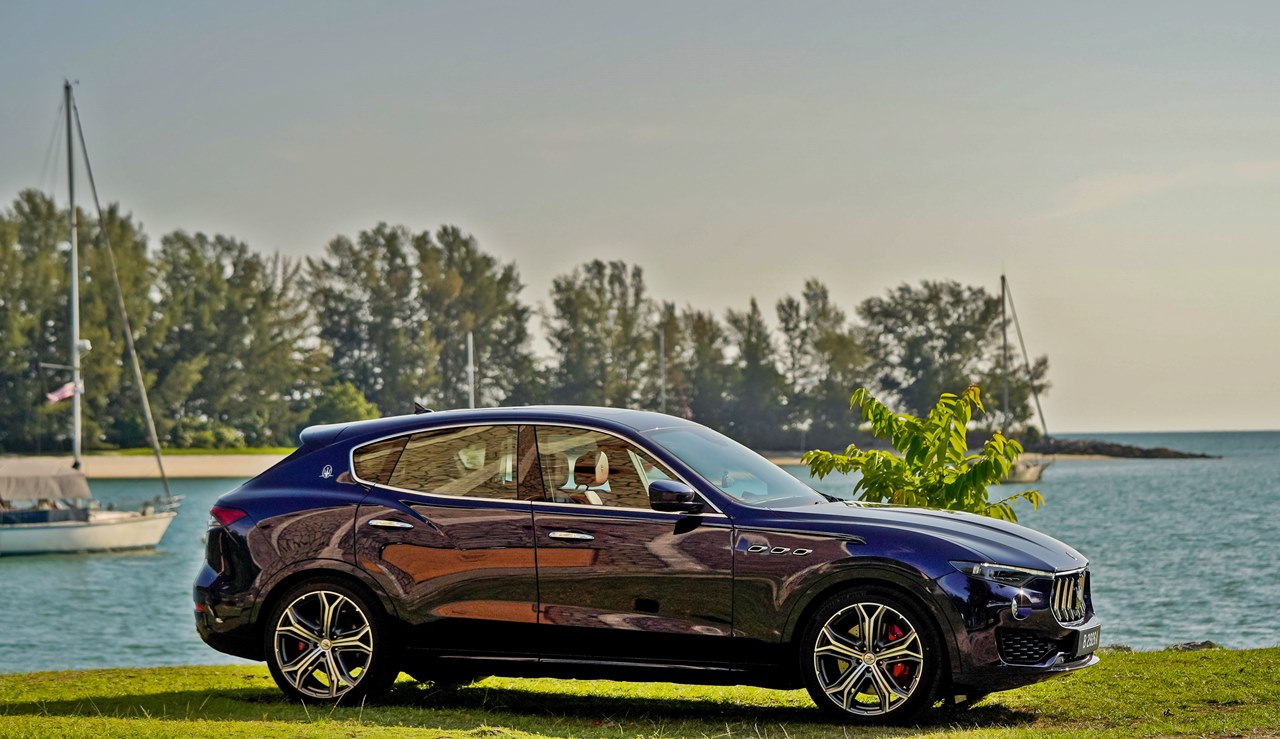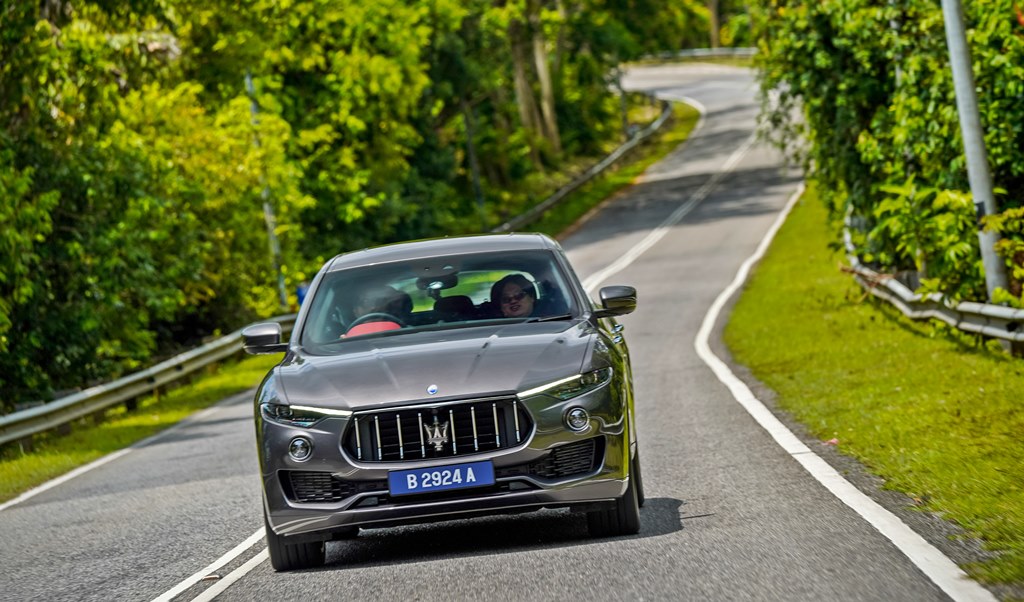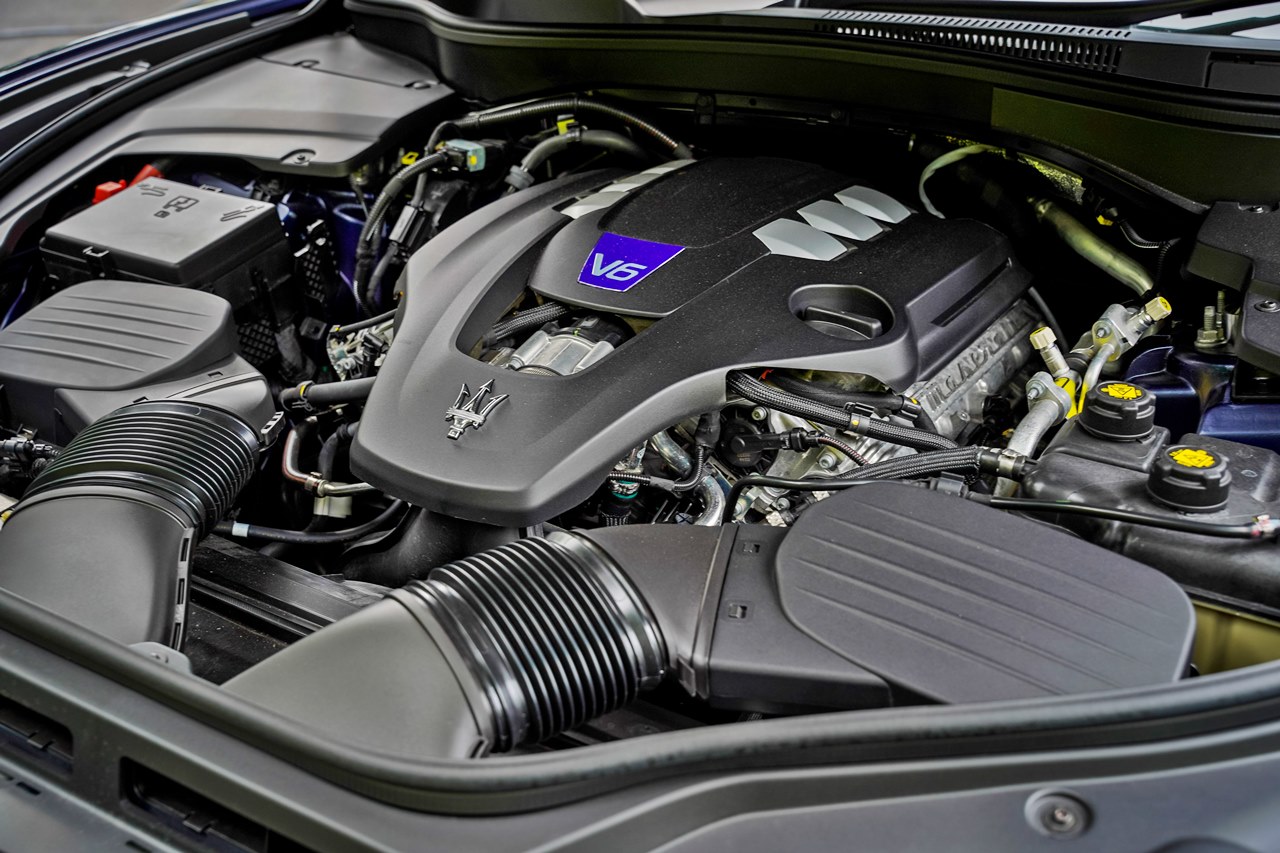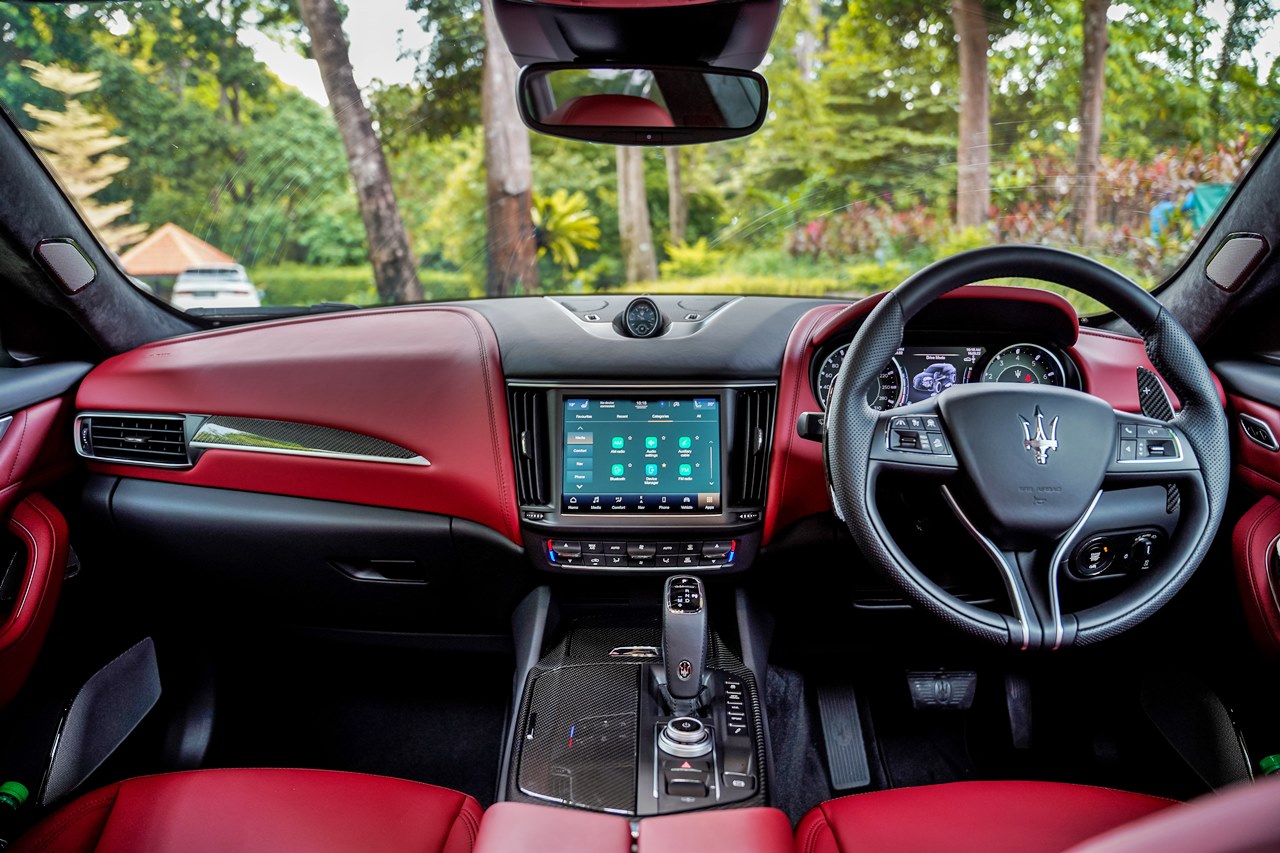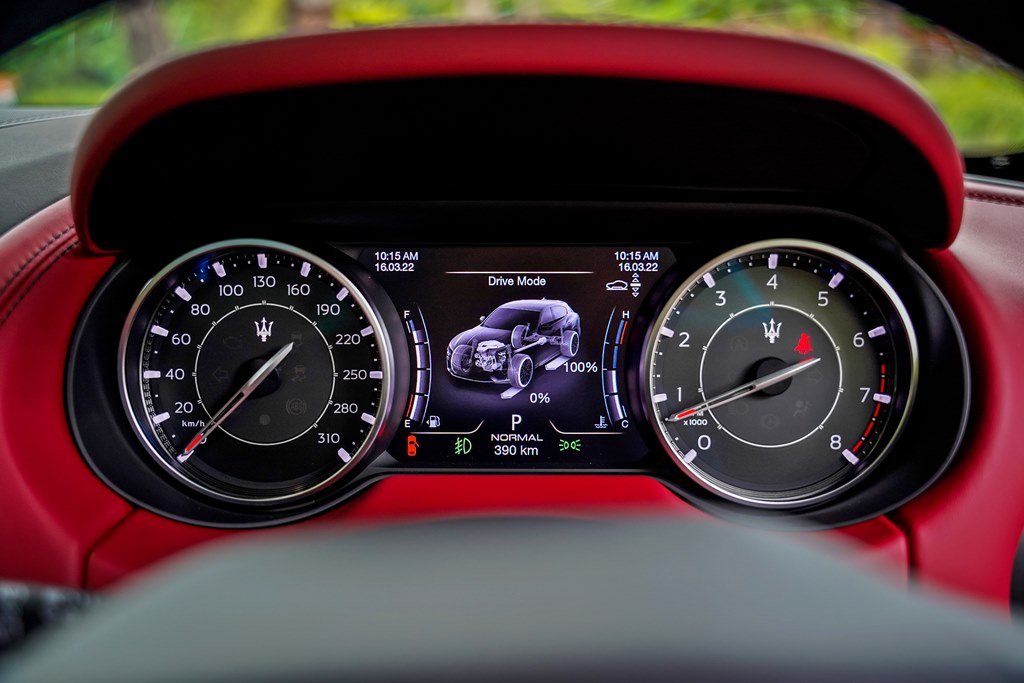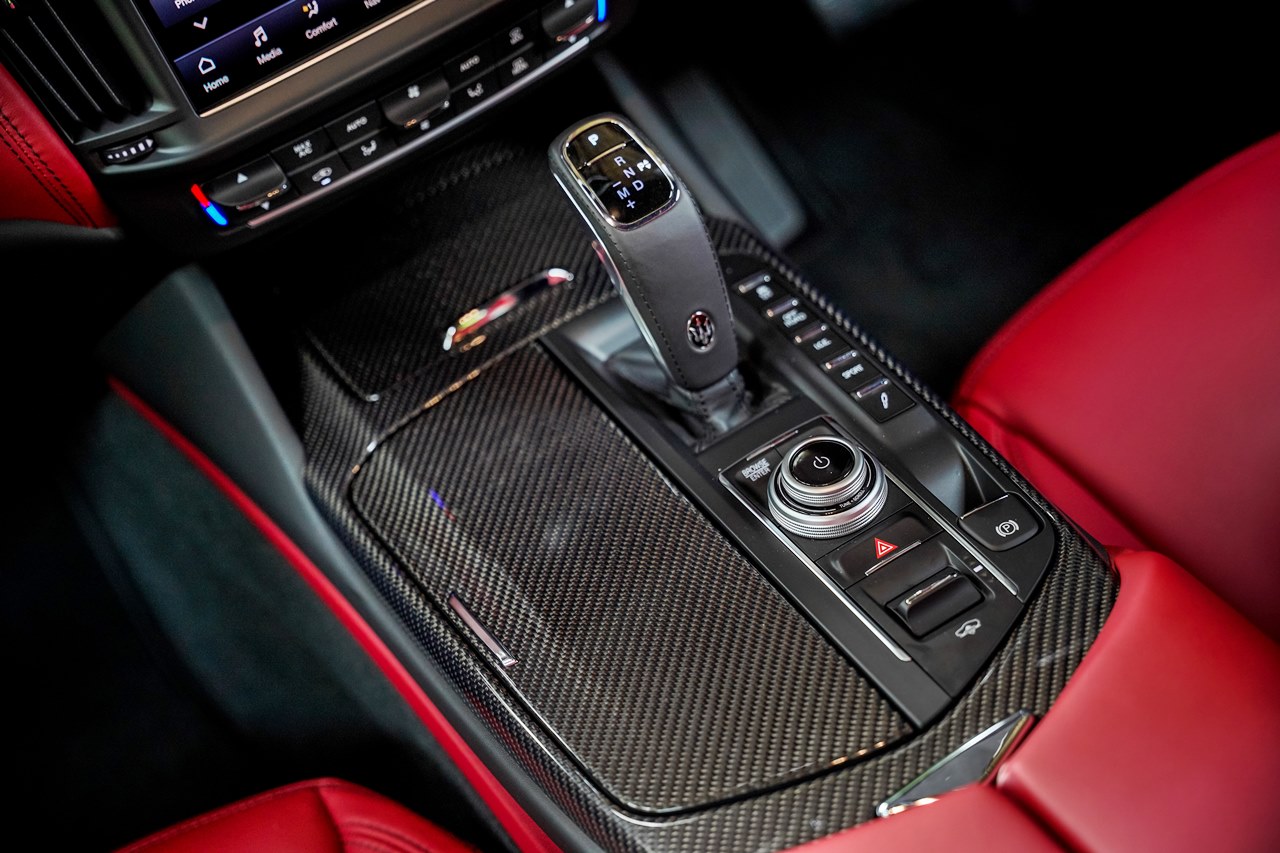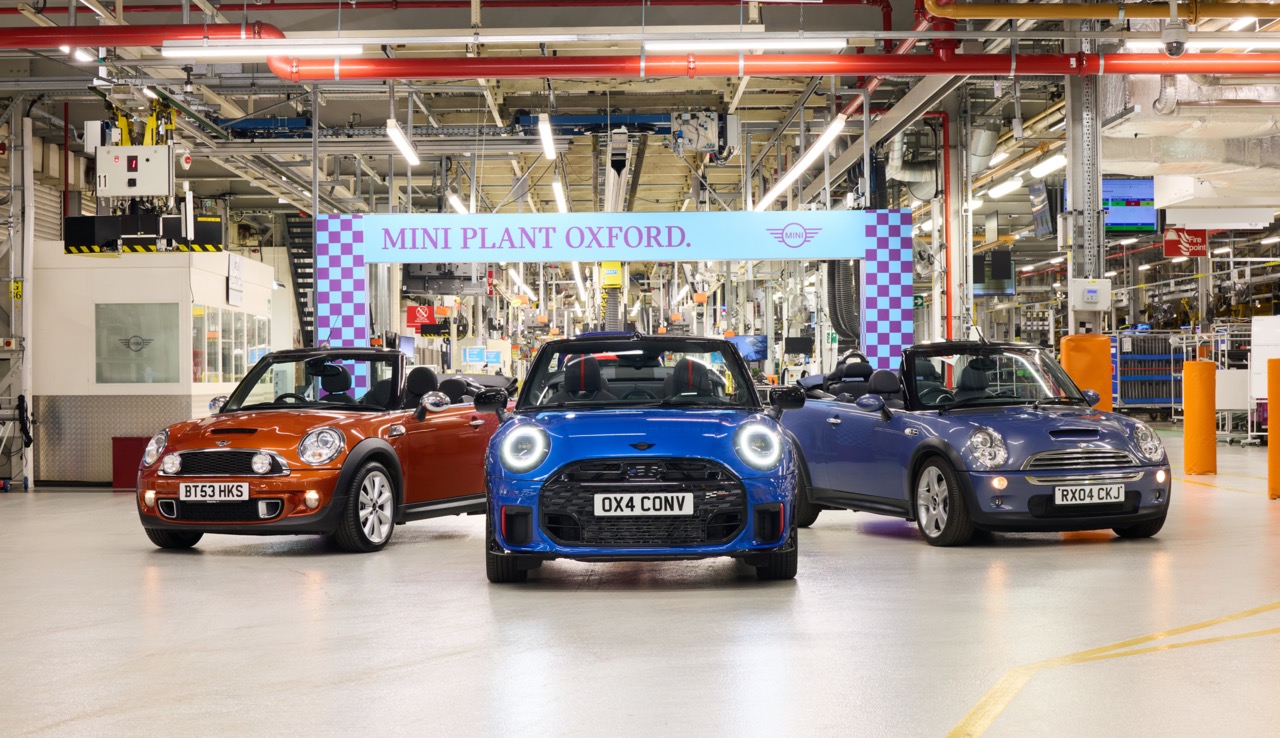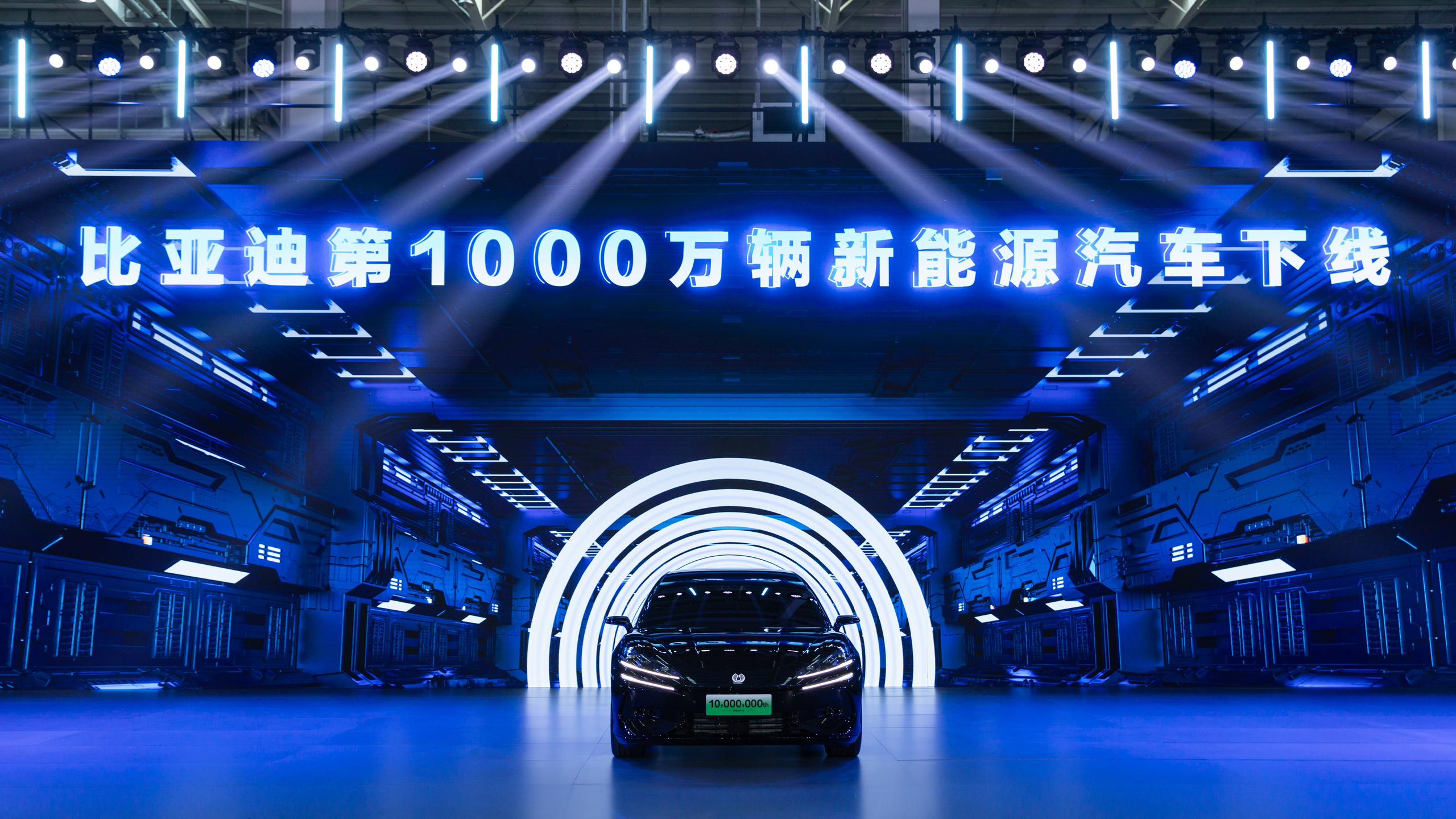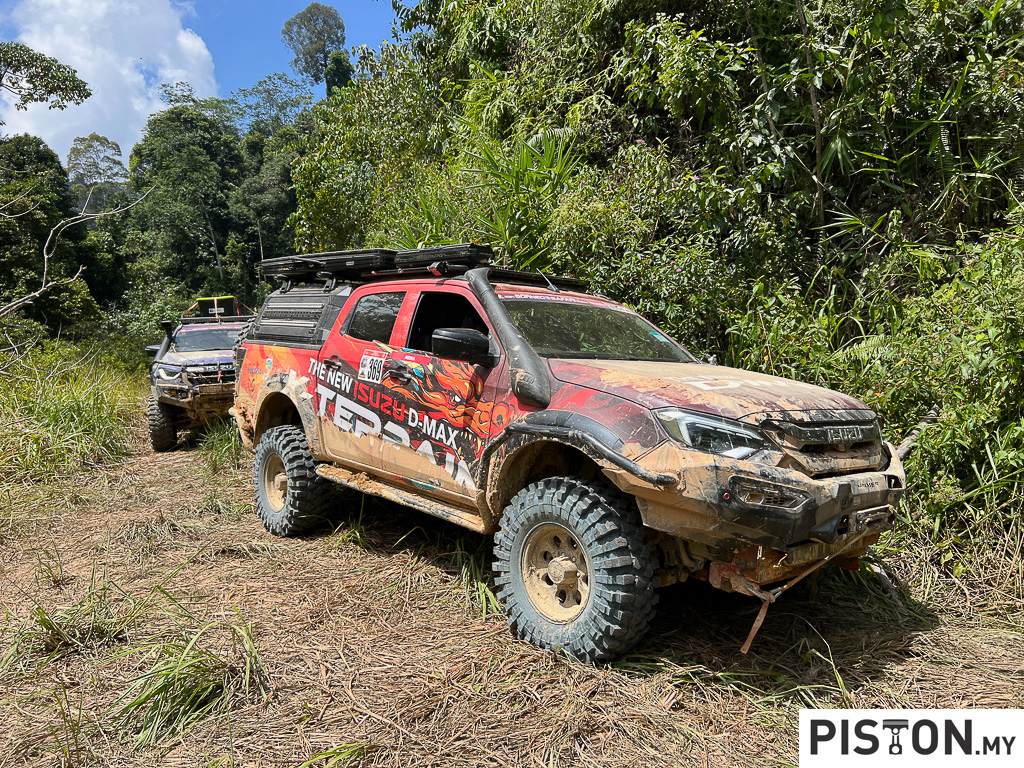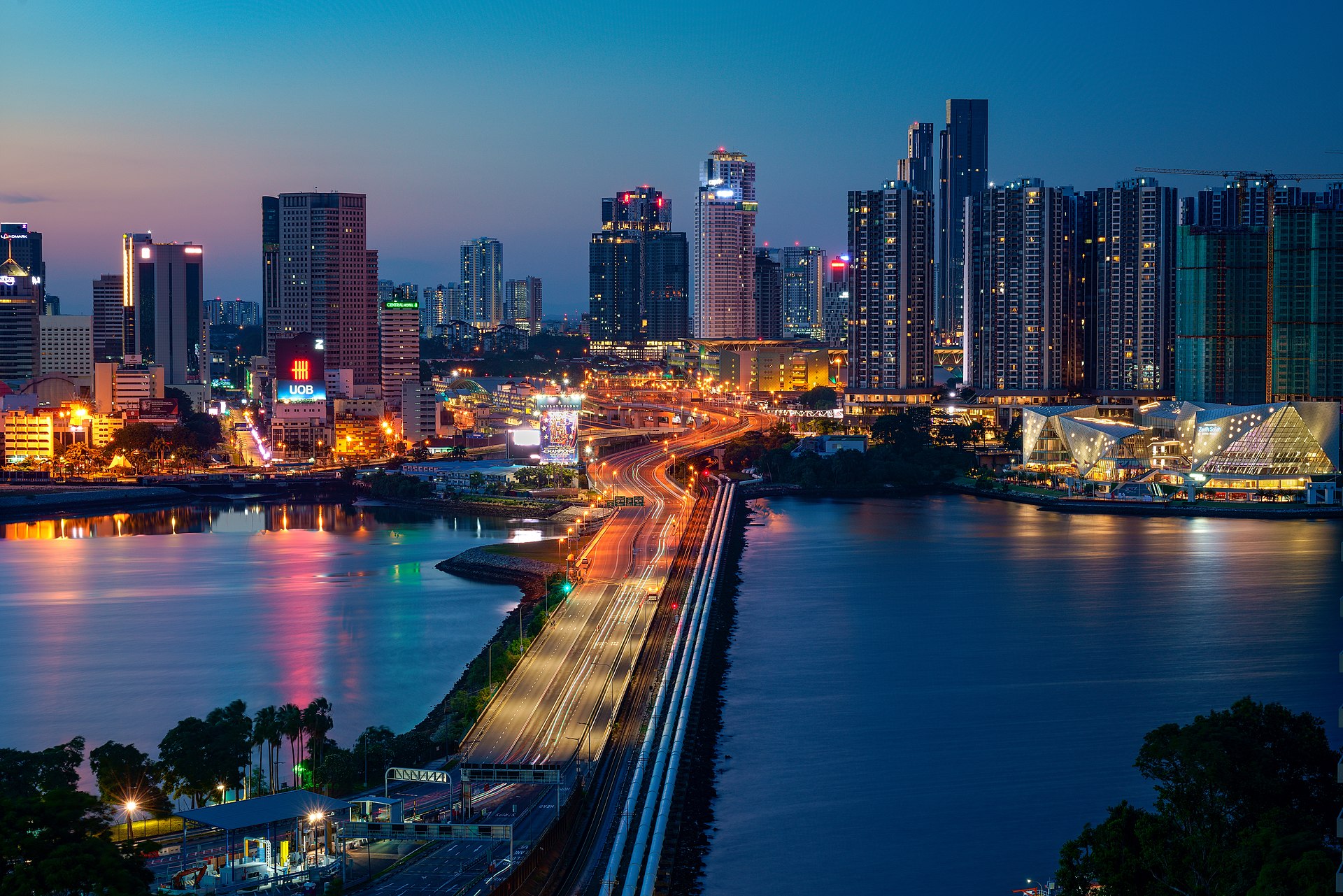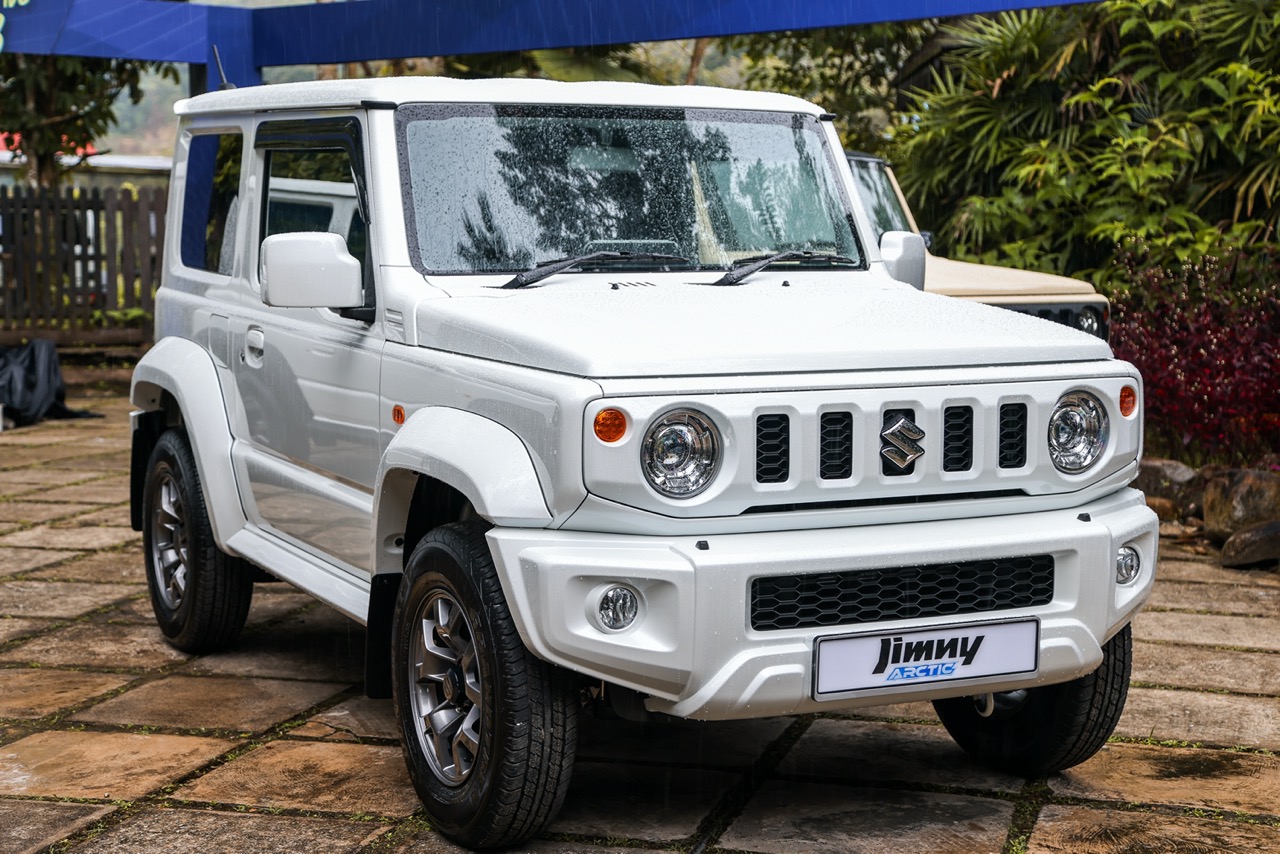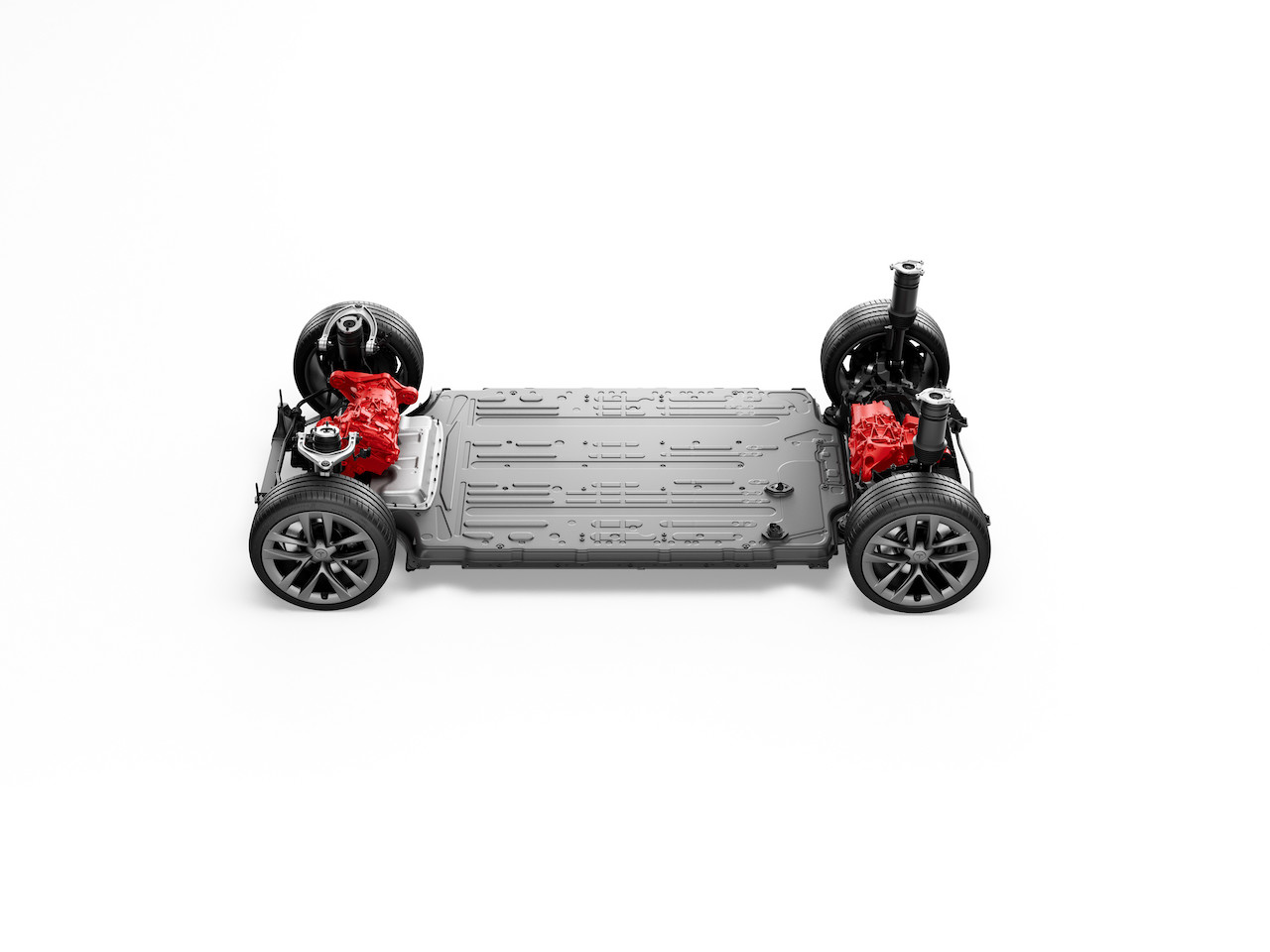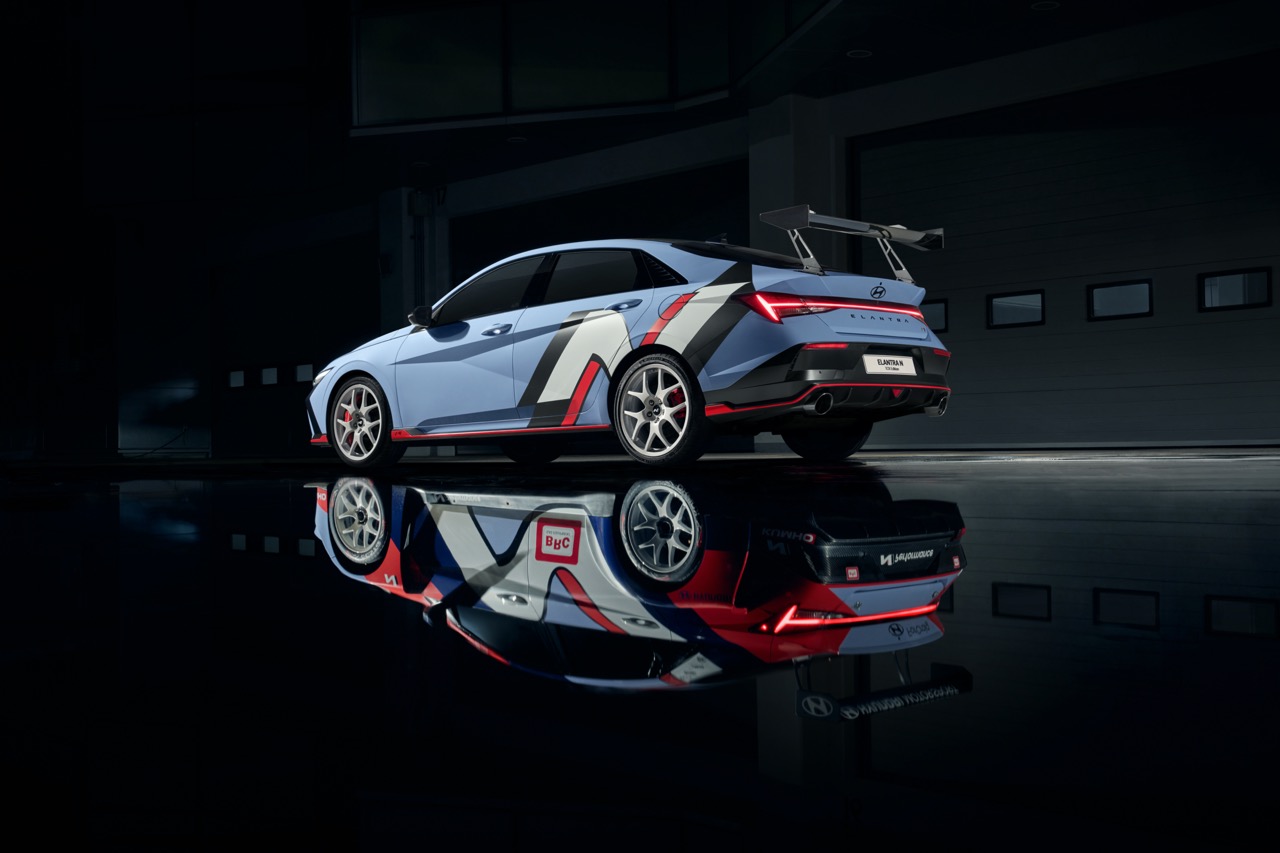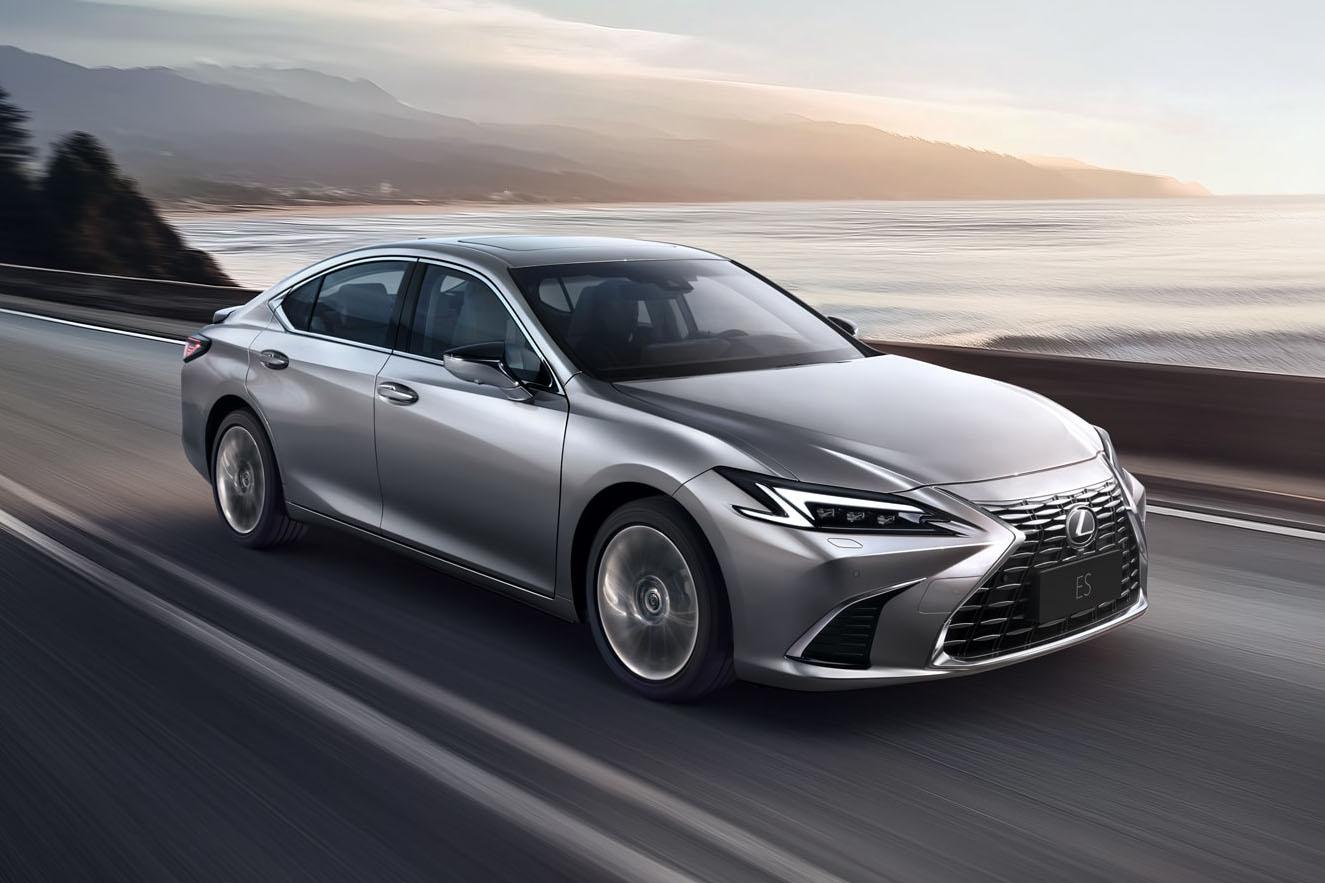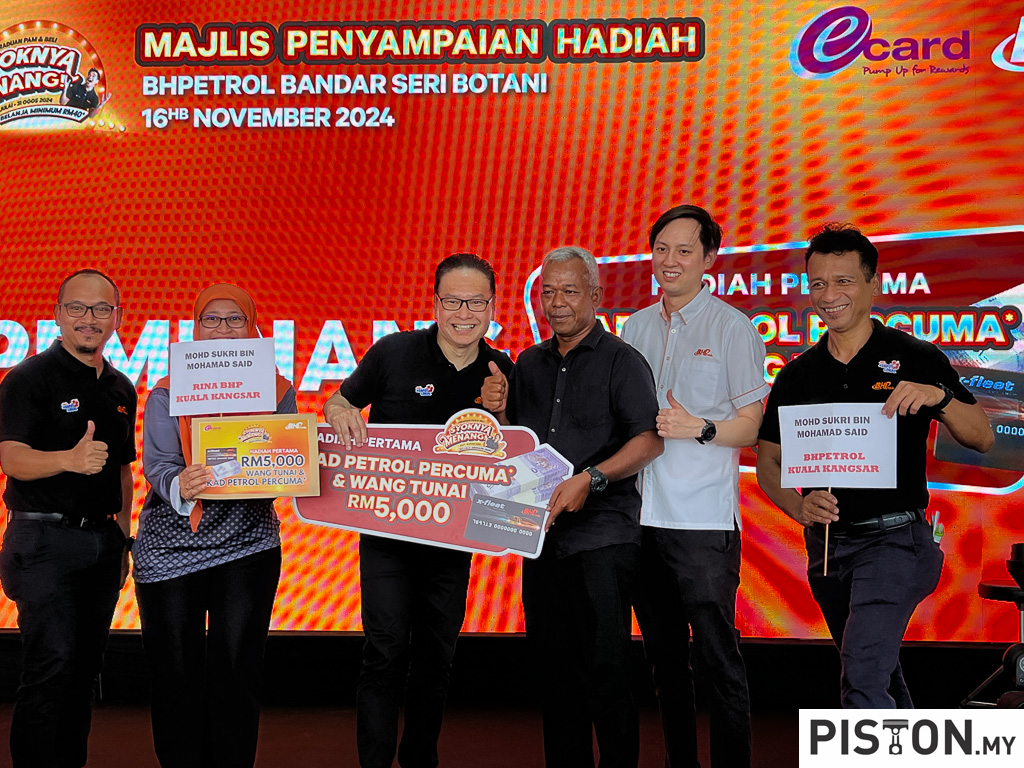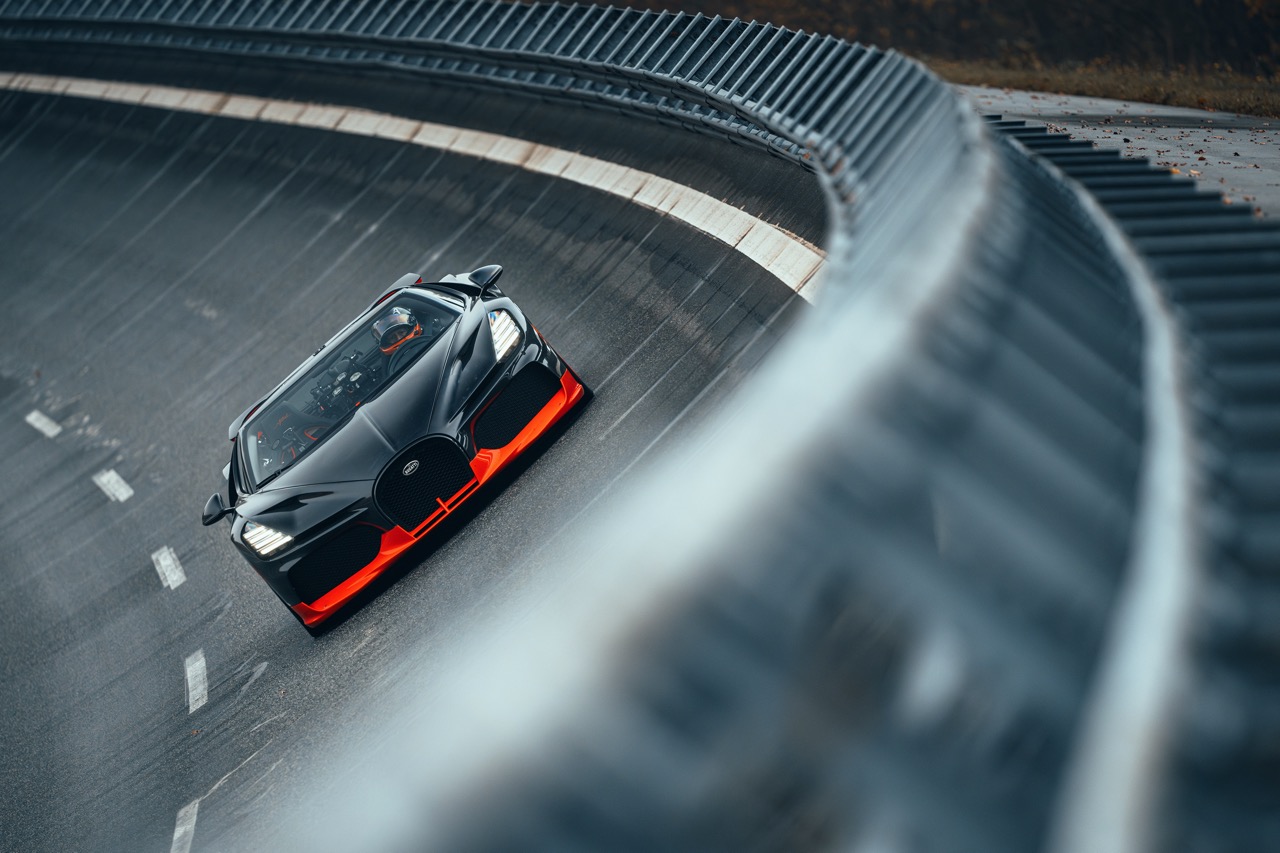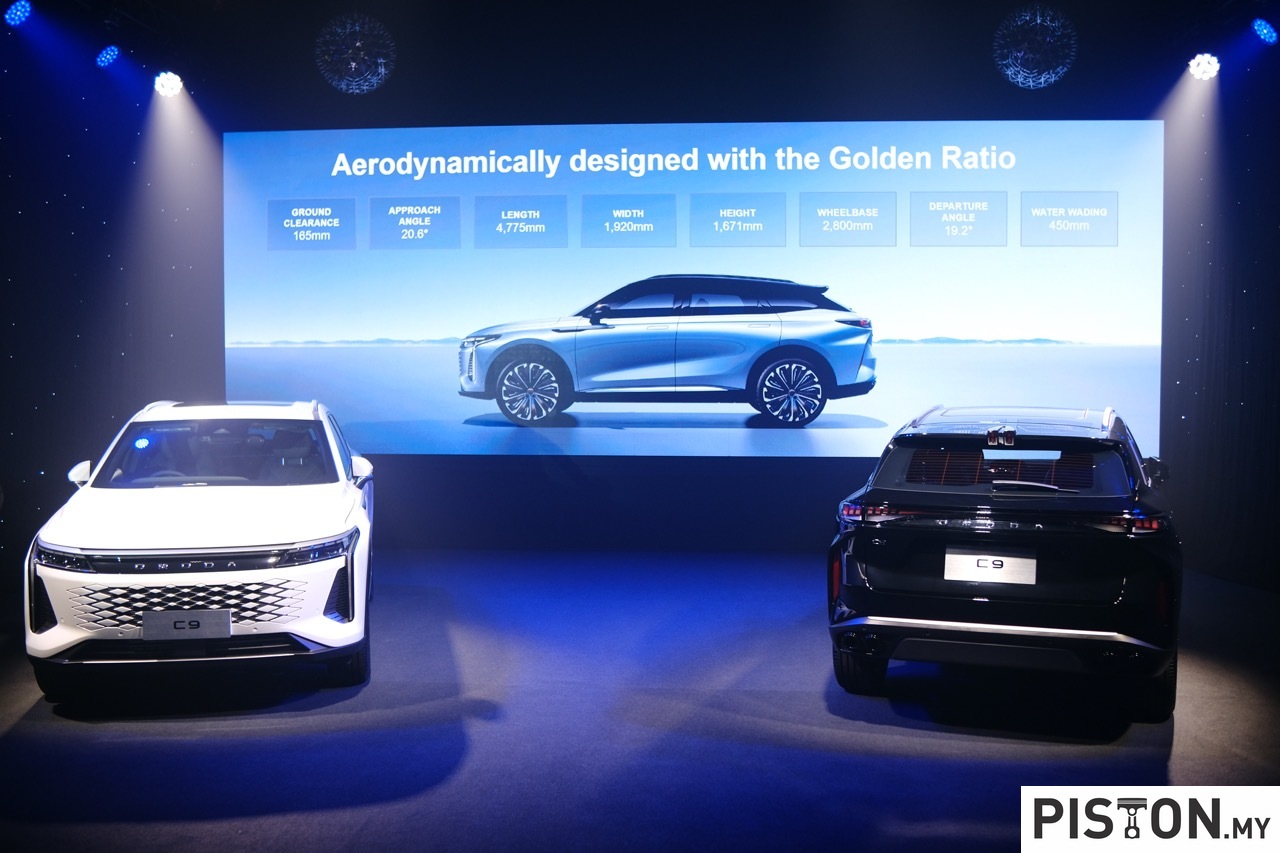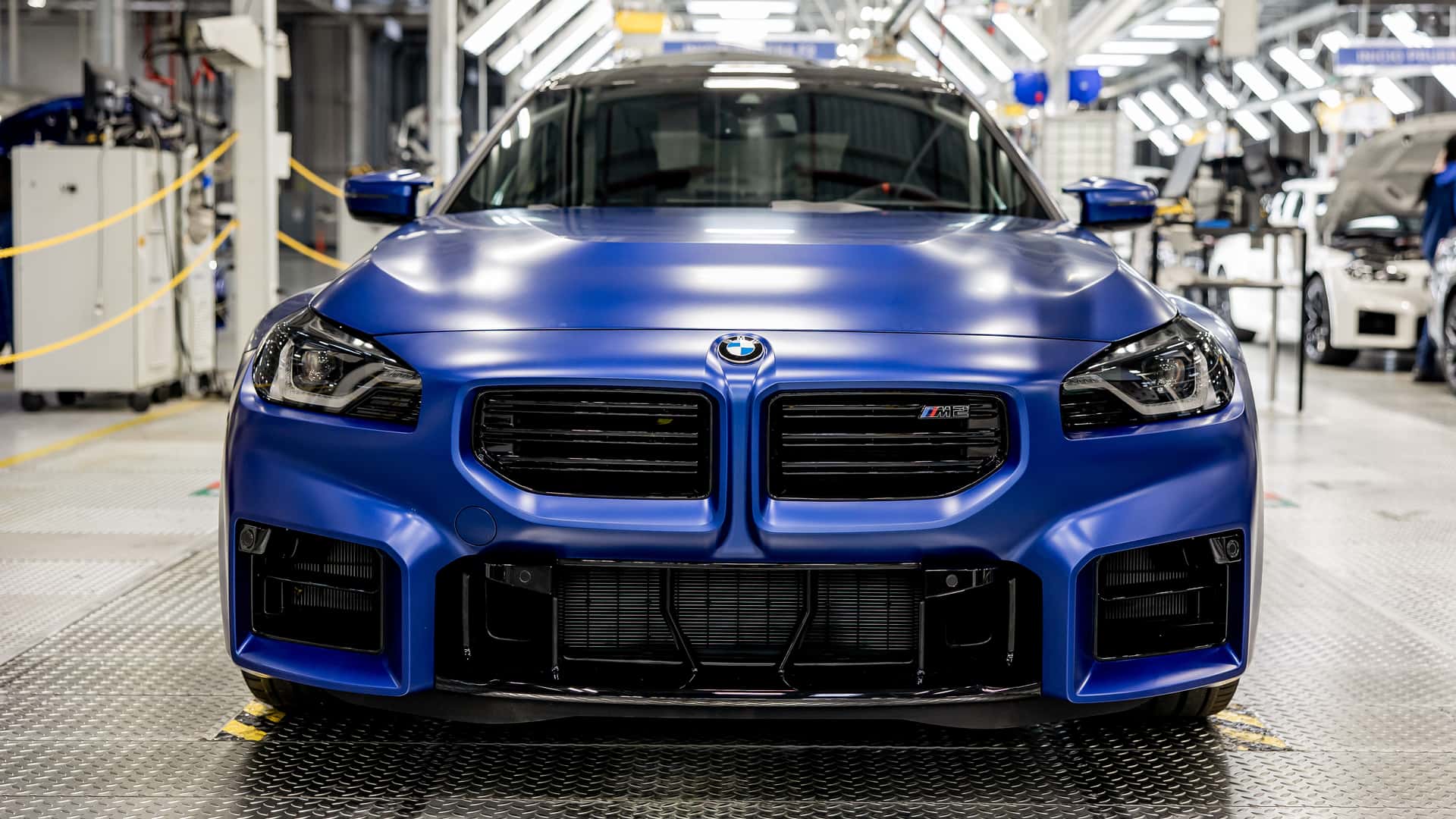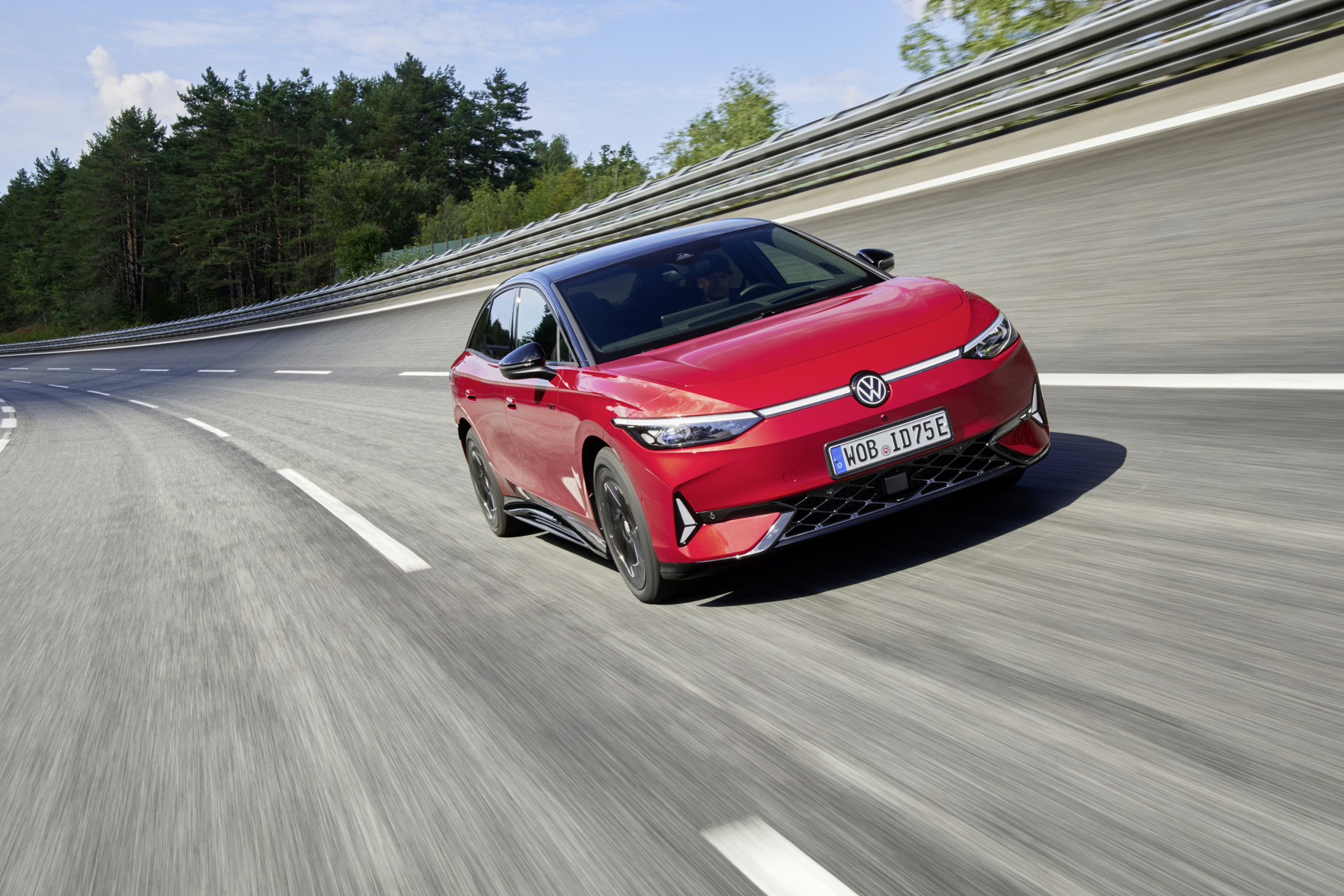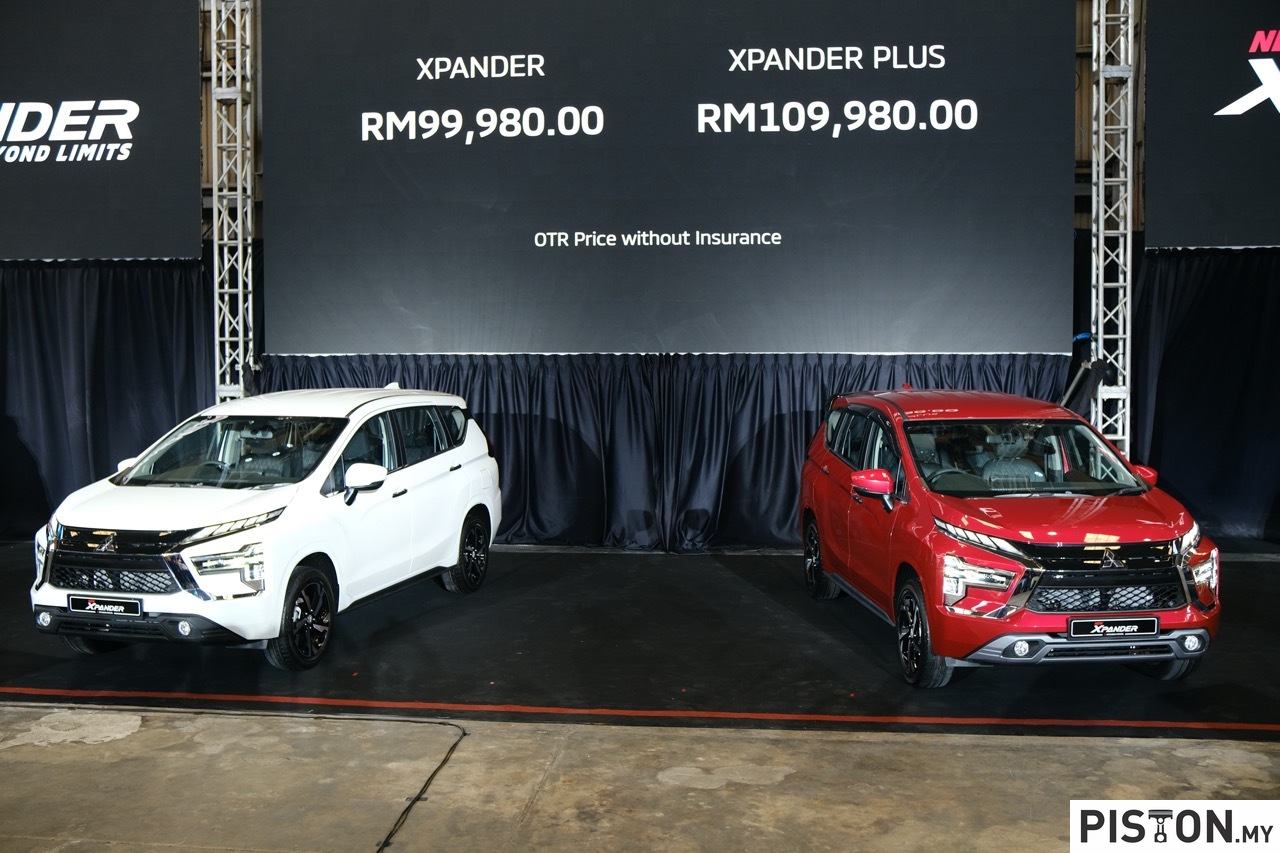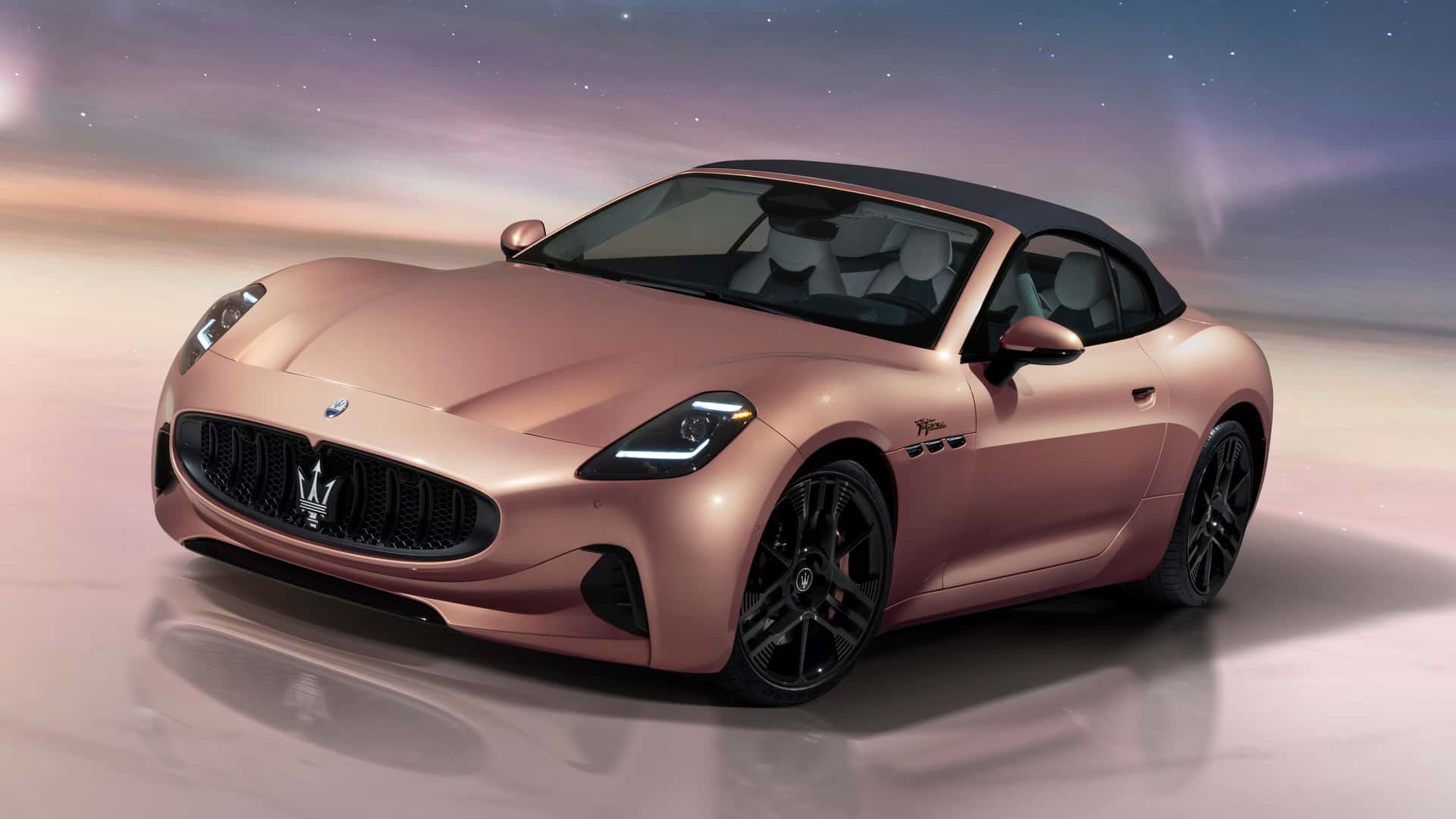With the opening of the southern border in Johor after two years, thousands of motorists from Singapore have been streaming across the Causeway and Second Link. They are coming over for various reasons; apart from ‘escaping’ from their island after being locked in for so long, many may be eager to enjoy Malaysian food, buy goods at lower prices (due to the exchange rate), go back to the homes they own in Johor Bahru or just enjoy a long drive.
One thing some seem to have forgotten is that when it comes to buy fuel, there are restrictions which have been in force since 2010. Fuel is cheaper in Malaysia compared to many countries because our government provides subsidies to maintain the levels for RON95 petrol and biodiesel. Thus, for Singaporeans, buying fuel in Malaysia saves a lot of money, not only because their prices are much higher but also due to the exchange rate which is favourable for them,
However, if they buy petrol at subsidized rates, they are taking advantage of a benefit which should rightfully be enjoyed only by citizens of Malaysia. According to former PM Datuk Seri Najib Razak, each litre of RON95 petrol has a subsidy of RM1.70 at the moment. So each time a Singapore-registered vehicle fills up, they are ‘stealing’ our subsidy, hence the restriction.
Actually, Singaporeans are also required by their government to have not less than 3/4 tank of fuel when they depart from Singapore. This regulation goes back to the early 1980s and is still in force. Although all fuel gauges have a mark at the 3/4 point, some fuel gauges in Volvos (at that time) did not have a mark at that level. So, as an immediate solution, they had to open up the instrument panel and paint a small mark for their new cars.
While there is a restriction on purchase of RON95 petrol and biodiesel, there is no restriction on RON97 petrol, Shell’s V-Power and Petron’s RON100 petrol, which are not subsidised though the prices are still cheap for Singaporeans. The retail prices of these are based on global oil prices and the government’s Automatic Pricing Mechanism. Global oil prices fell significantly in the first half of 2020 but began rising again and with the Ukraine conflict, the prices have been going further up. This means that the government has had to provide more and more subsidies, and it is reaching a point where there is talk that the cap will have to be changed or a more targeted approach of subsidies is needed (which was attempted before).
In view of a number of cases where Singapore-registered vehicles have been spotted being refuelled with RON95 petrol, the government has issued a stern warning to station operators that there can be fines of up to RM2 million (for station operators) if an offence is committed. This applies to Thai-registered vehicles as well but in the case of the northern border, the demand is more for our biodiesel.
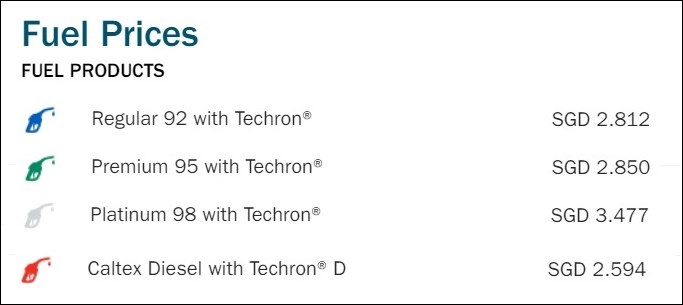
The Petrol Dealers Association of Malaysia has, however, said that it is difficult to monitor the sales. Where in the past, customers may have had to make payment manually, they can now do so at the pump using their credit cards. Therefore, unless there is someone standing there all the time to watch, it is hard to enforce the regulation. Station operators say that they do not have spare manpower to do this, and they don’t want to worsen their financial difficulties by employing additional workers.
Perhaps a simple solution would be to add a provision in the law for a vehicle to be confiscated if found to be committing the offence. There is already a RM1 million fine for individuals but losing a car can be equally painful. This may be harsh but if a few motorists get caught and lose their cars, word will quickly spread around Singapore not to ‘play-play’ when in Malaysia and don’t buy RON95 petrol.





